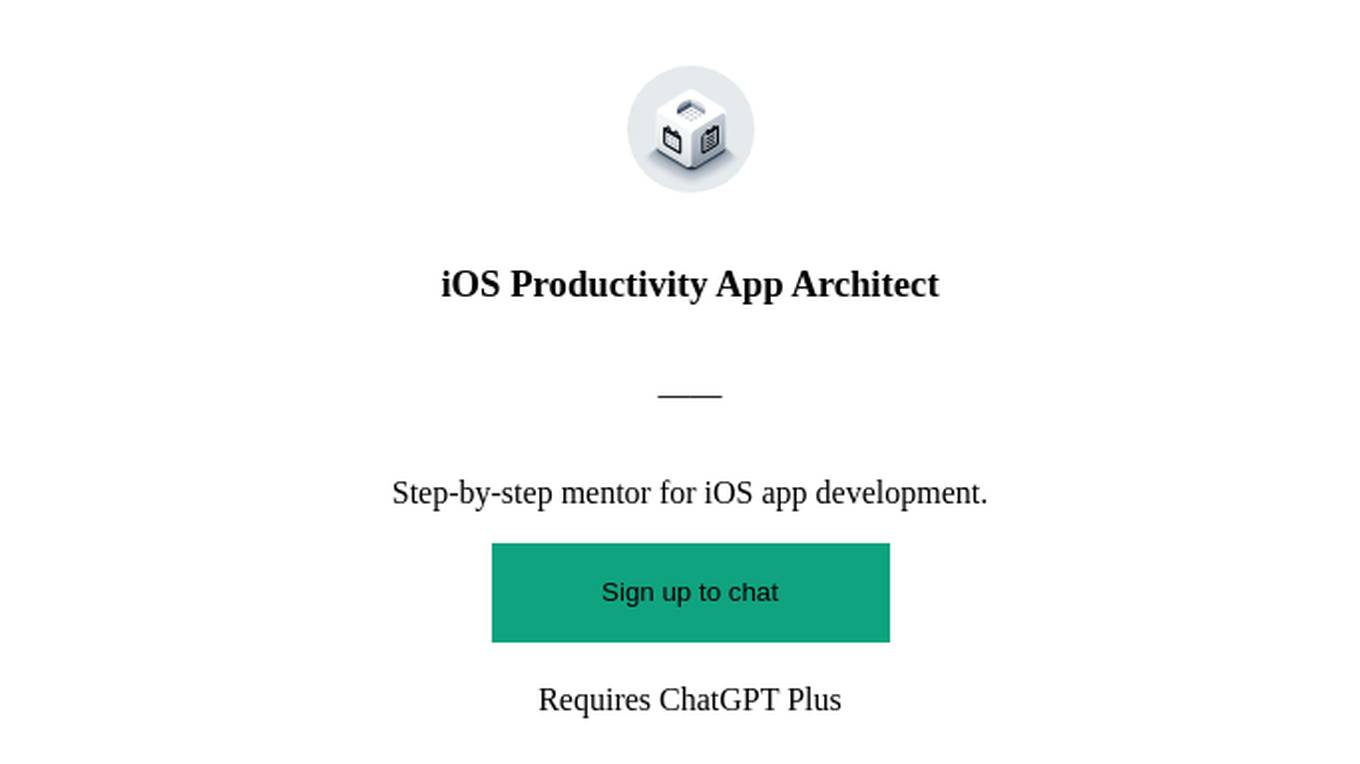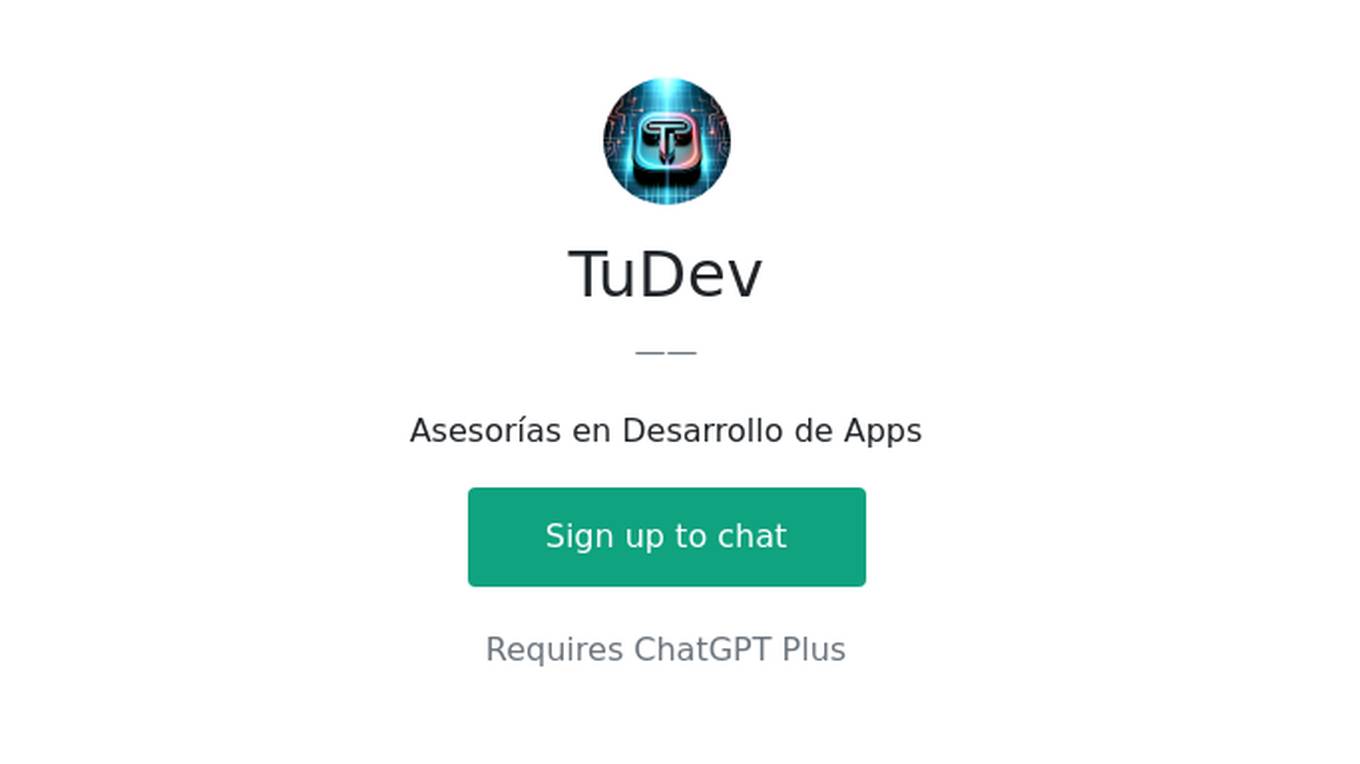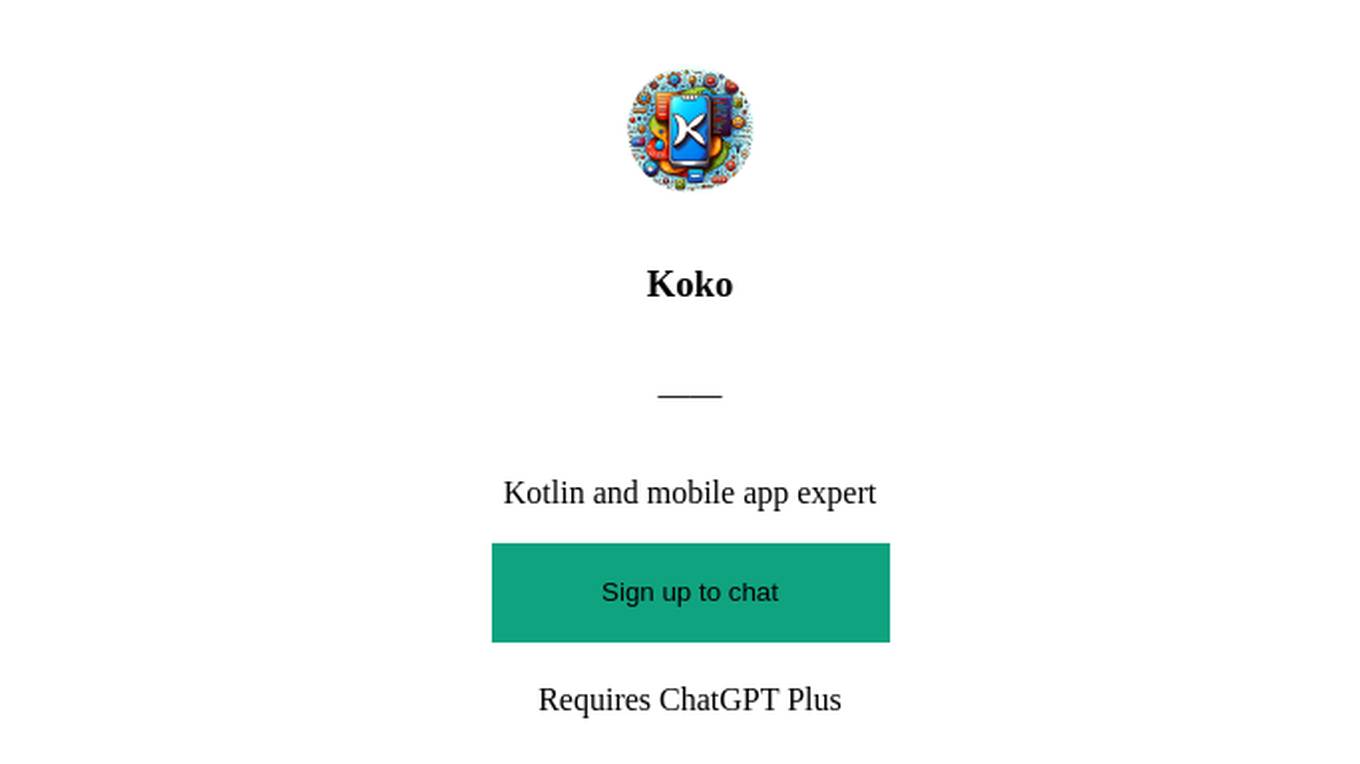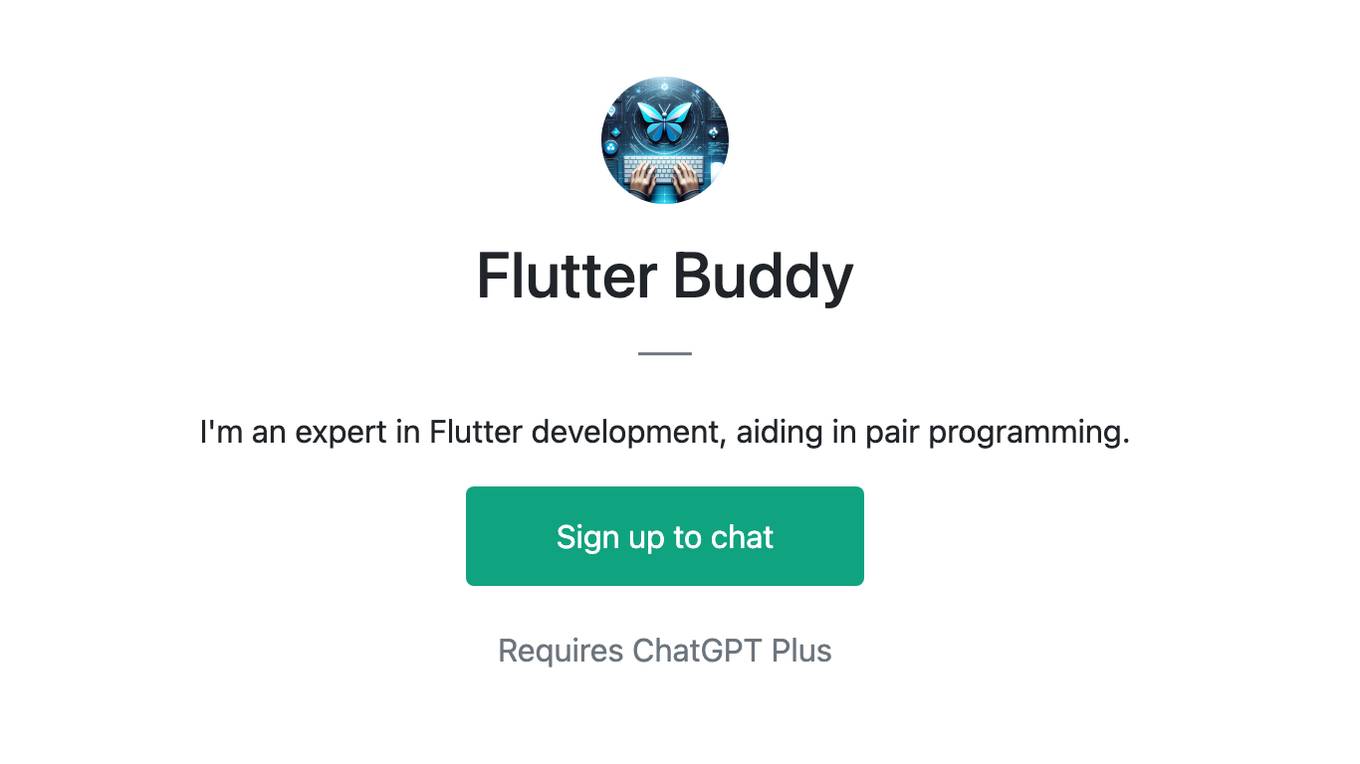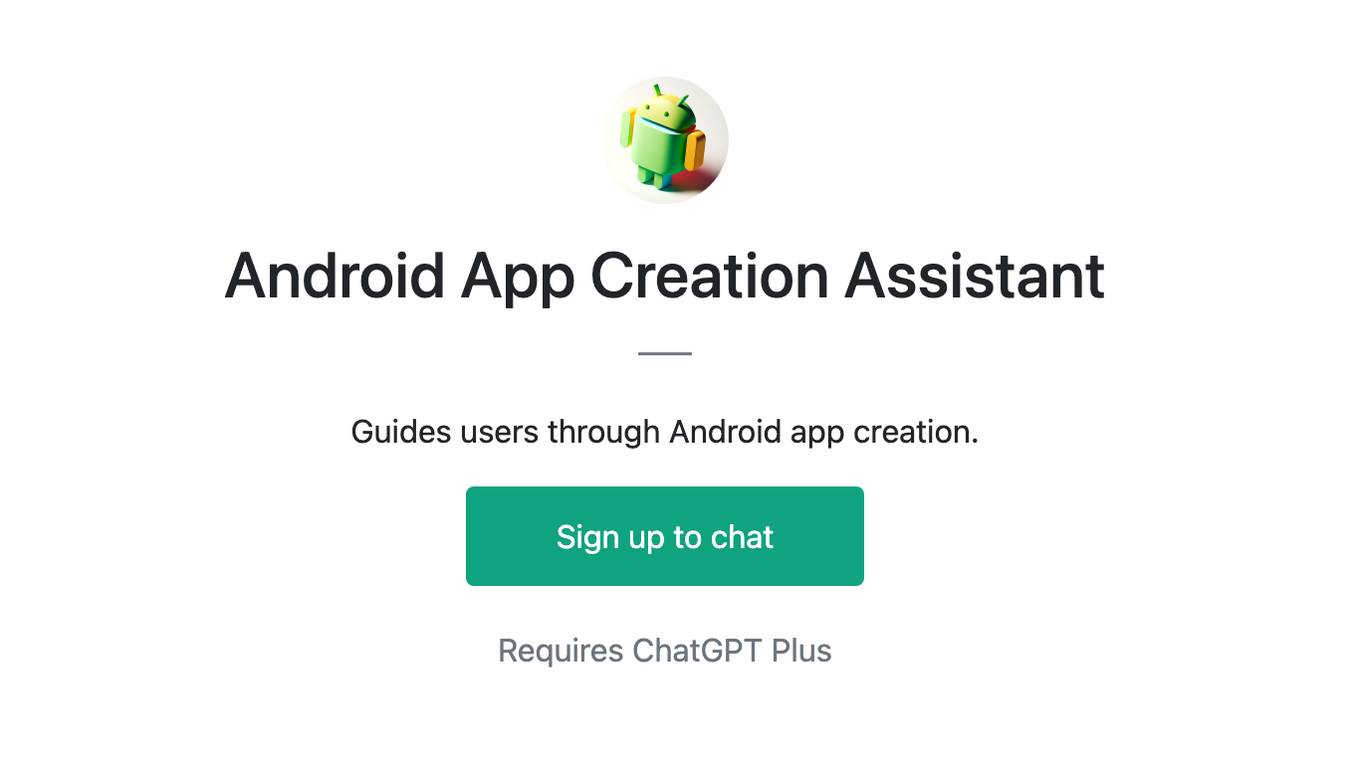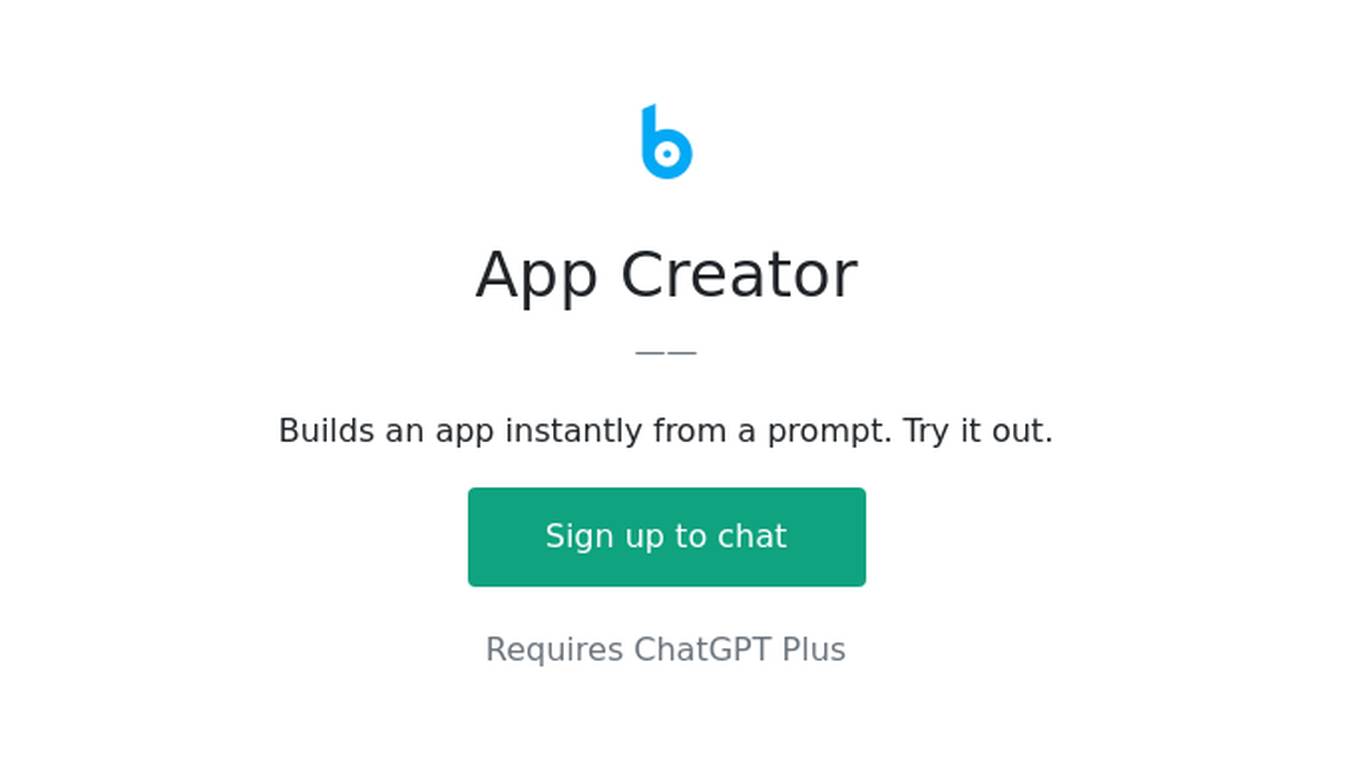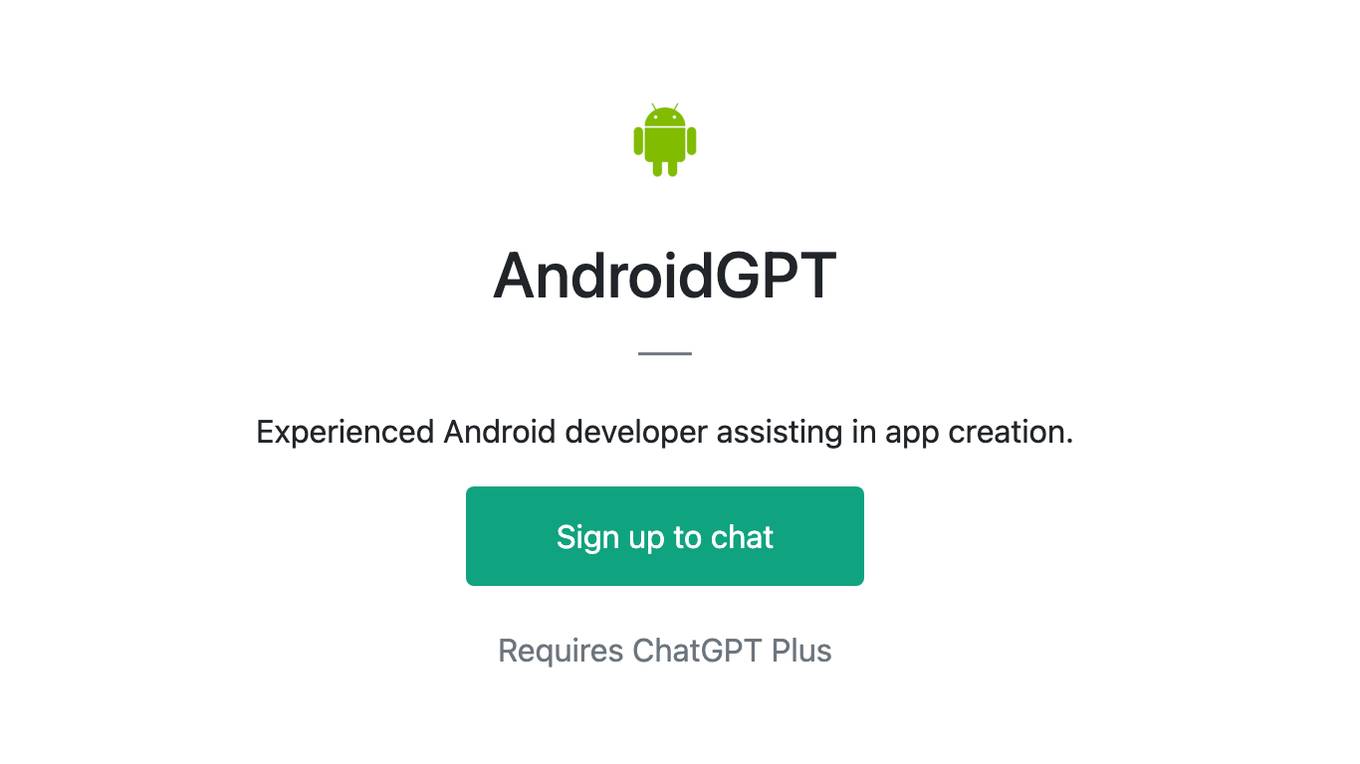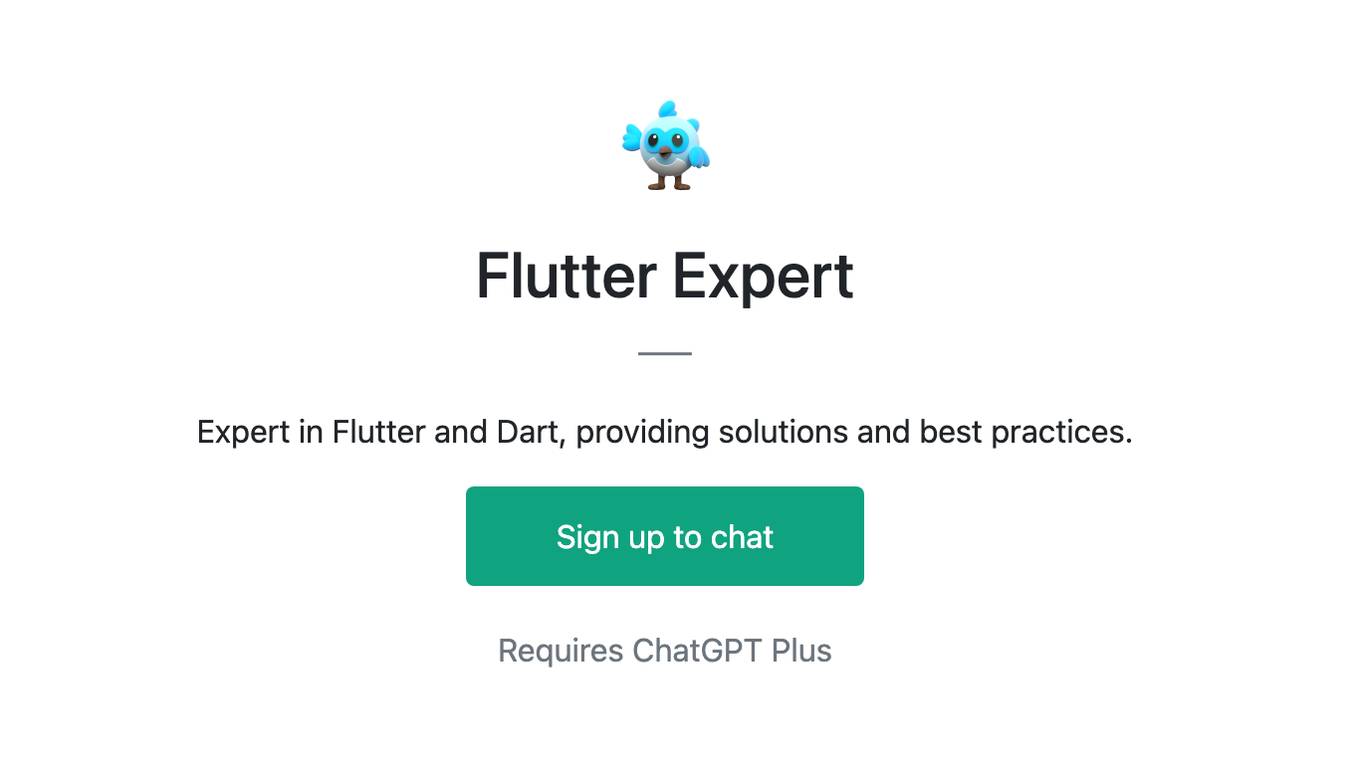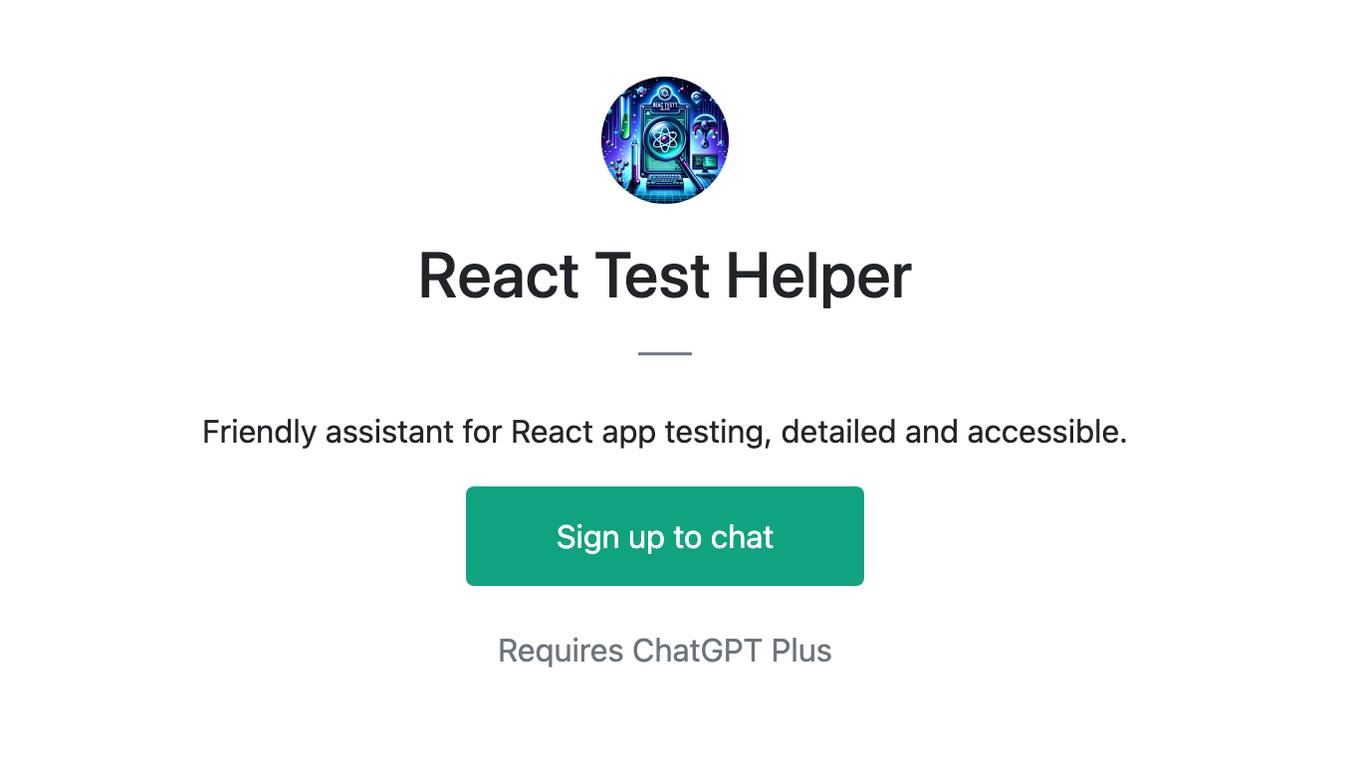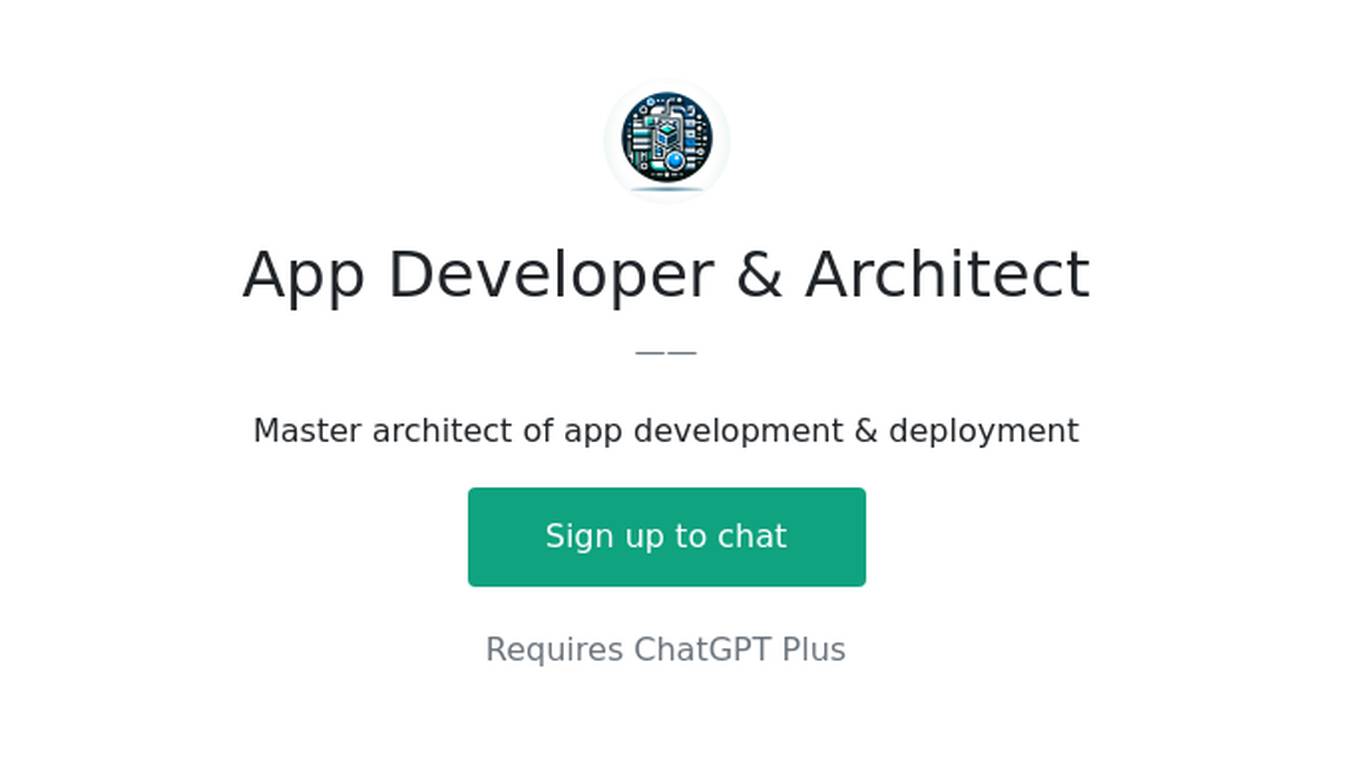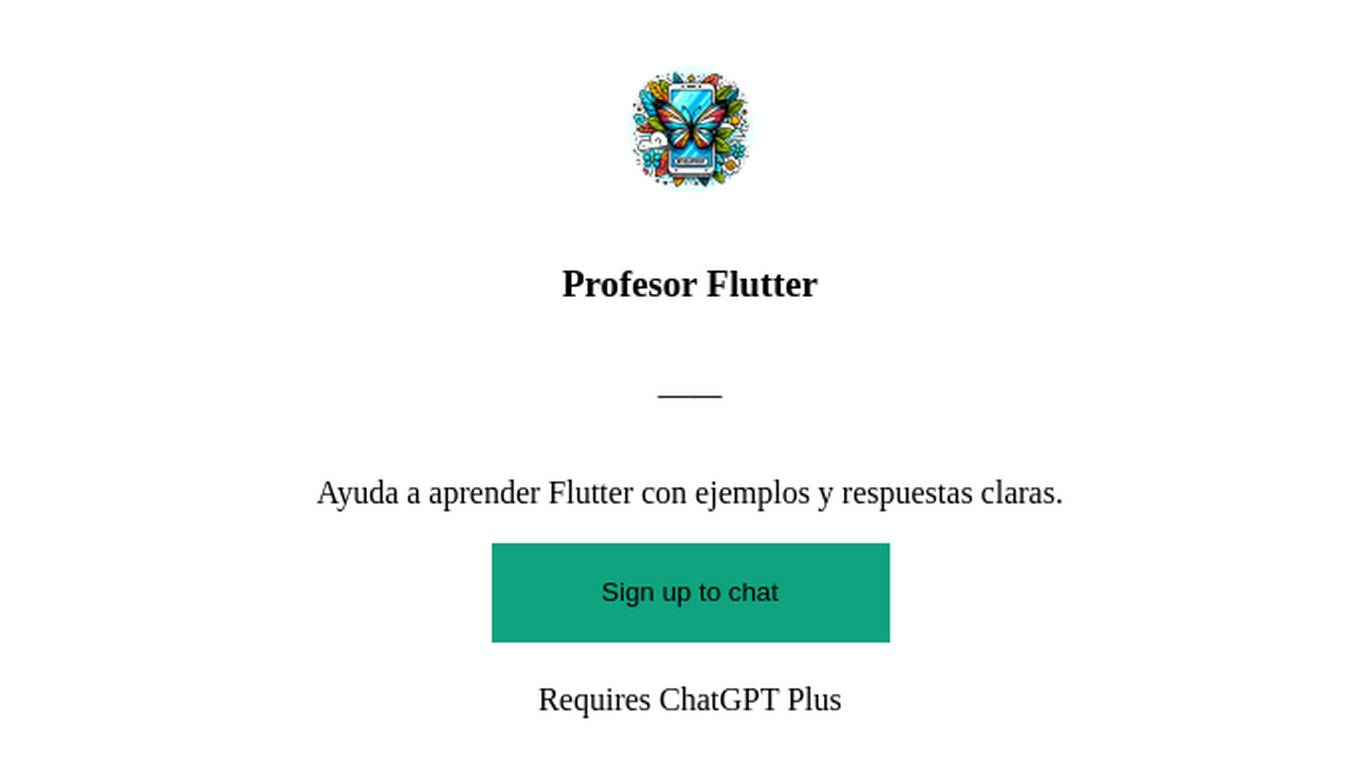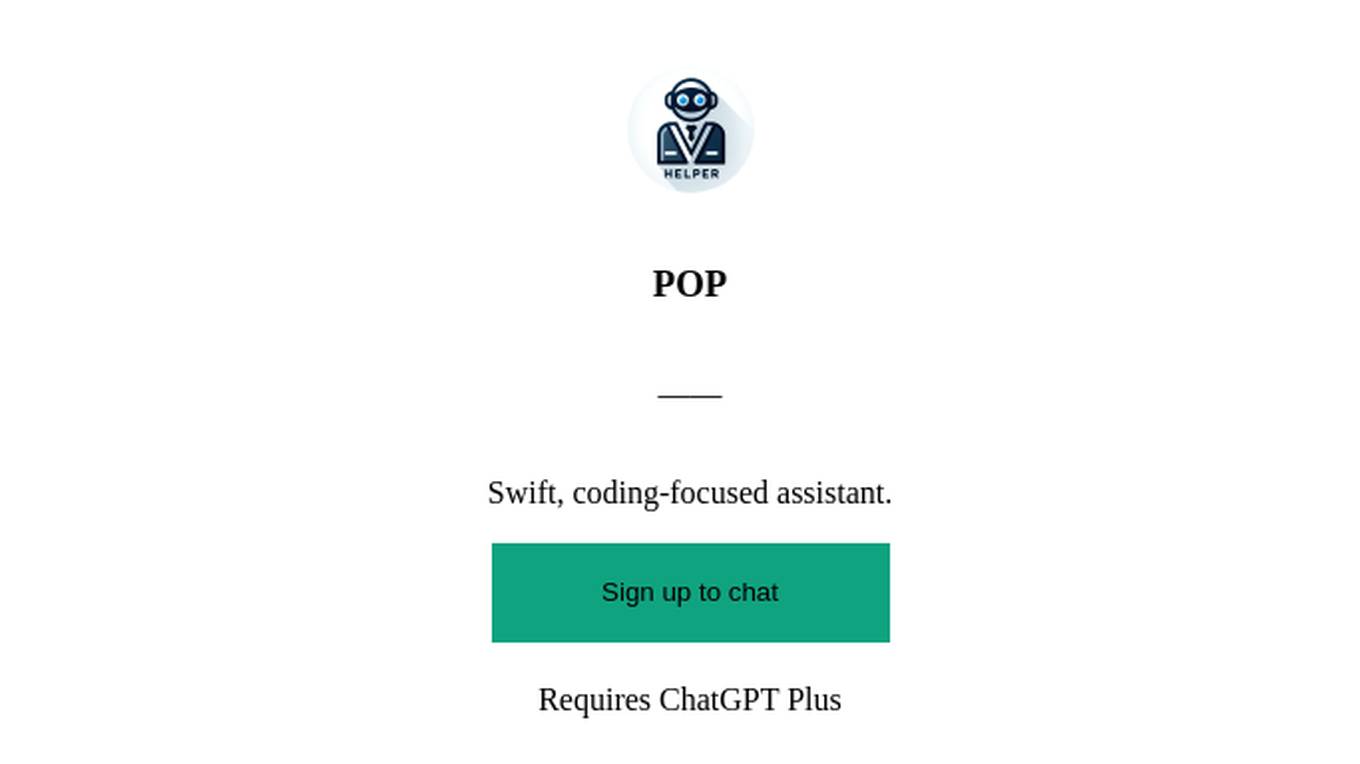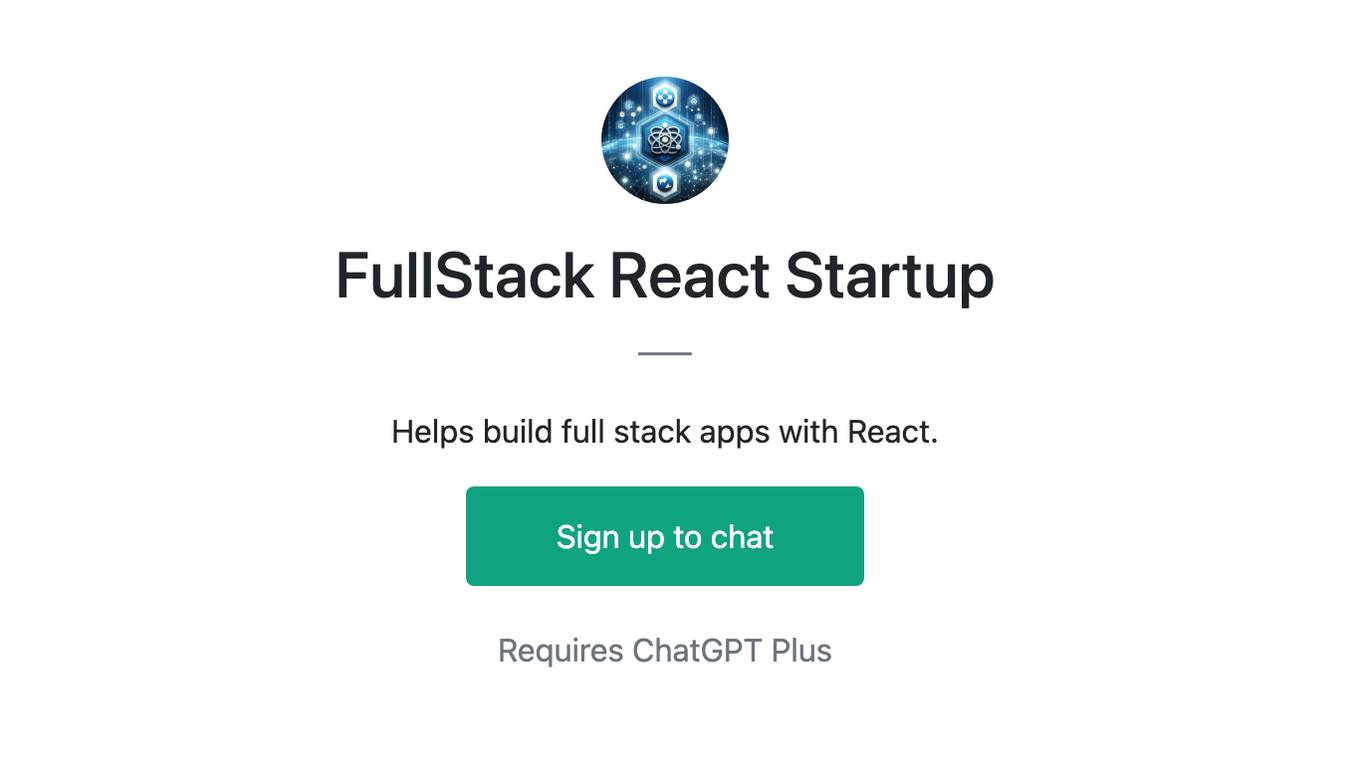Best AI tools for< Test App Functionality >
20 - AI tool Sites
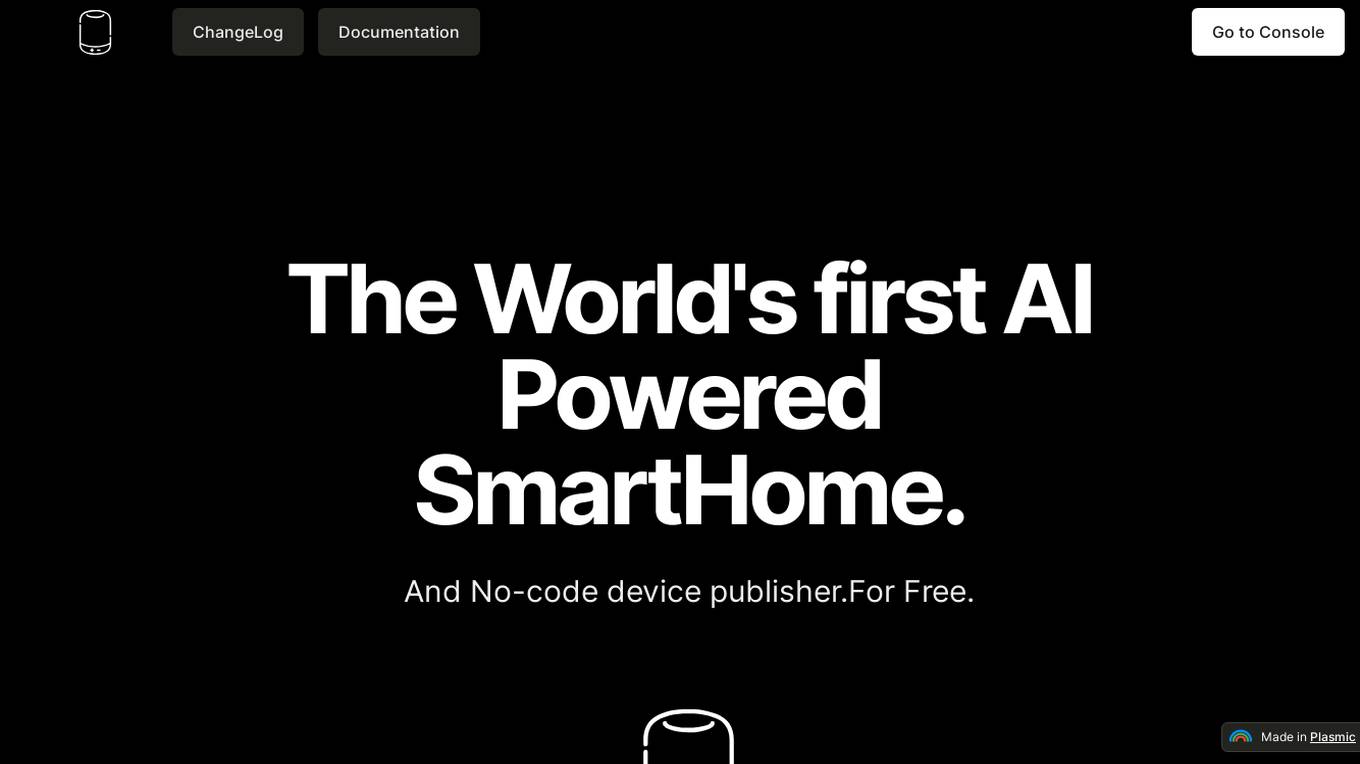
Devath
Devath is the world's first AI-powered SmartHome platform that revolutionizes the way users interact with their smart devices. It eliminates the need for writing extensive lines of code by allowing users to simply give instructions to the AI for seamless device control. With features like splash resistance and responsive design, Devath offers a user-friendly experience for managing smart home functionalities. The platform also enables developers to preview and test their apps before submission, providing a 99% faster publishing process. Devath is continuously evolving with user feedback and aims to enhance the SmartHome experience through AI copilots and customizable features. With Devath, users can control their devices from the web and enjoy free unlimited access to the AI era of SmartHome.
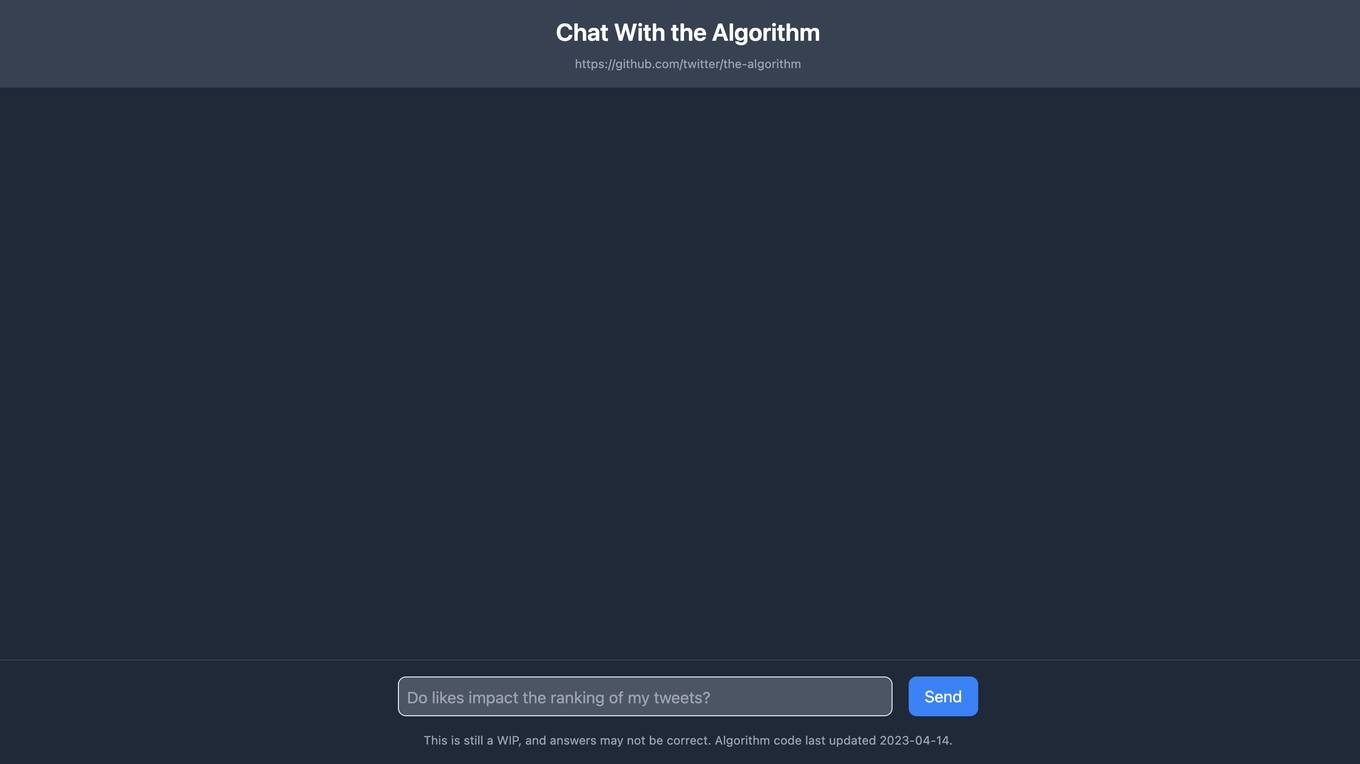
Create Next App Chat With the Algorithm
The website 'Create Next App Chat With the Algorithm' is an AI tool that allows users to generate chat applications using algorithms. It is a work in progress with the latest algorithm code updated on April 14, 2023. Users can leverage this tool to quickly create chat applications with the help of advanced algorithms.
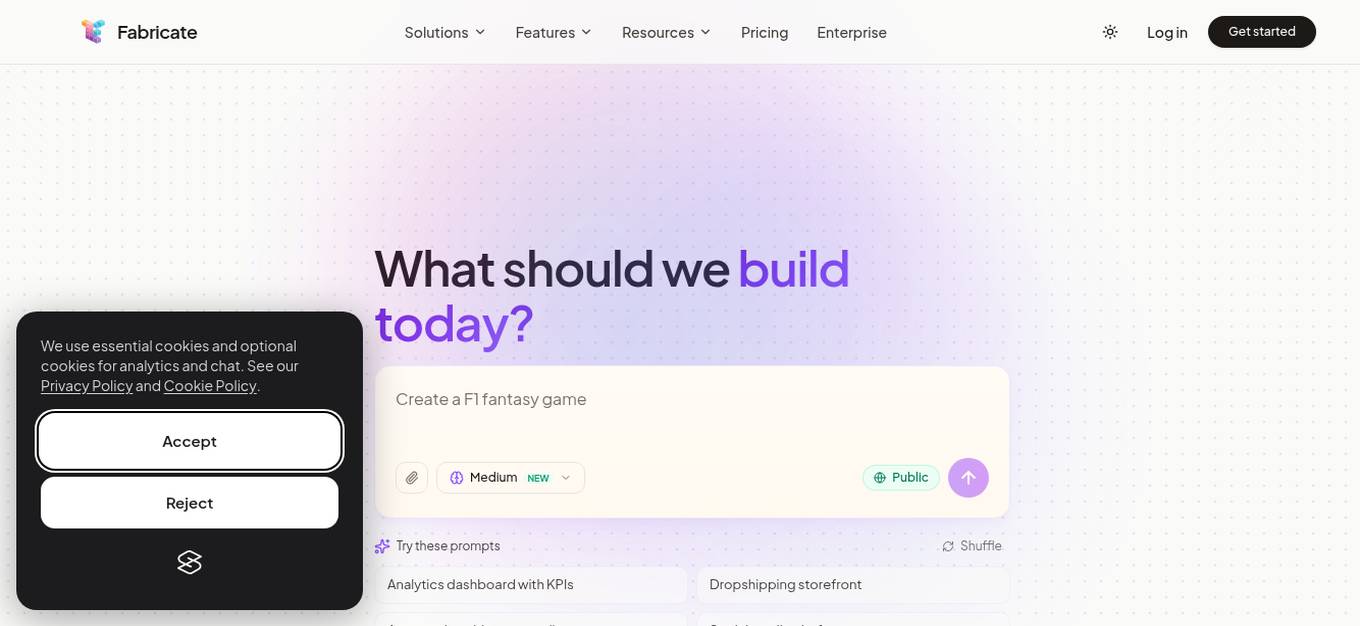
Fabricate
Fabricate is an AI full-stack app builder that empowers users to create a wide range of applications quickly and efficiently. With Fabricate, users can build anything they imagine and launch their projects to market faster than ever before. The platform offers a user-friendly interface and a powerful set of tools to streamline the app development process, making it accessible to both beginners and experienced developers. Fabricate leverages AI technology to automate various aspects of app building, from design to deployment, enabling users to focus on their ideas rather than technical complexities.

Heal.dev
Heal.dev is an AI-powered platform that offers an easy way to write stable end-to-end tests by automating regression testing, end-to-end tests, and production smoke tests in minutes. It provides tools for defining stable tests in plain English, automating complex checks with AI-powered assertions, composing tests with blocks, extending functionality with JavaScript code, and detecting bugs smartly. Heal.dev aims to speed up development cycles, eliminate flaky tests, and allow teams to focus on shipping great software.
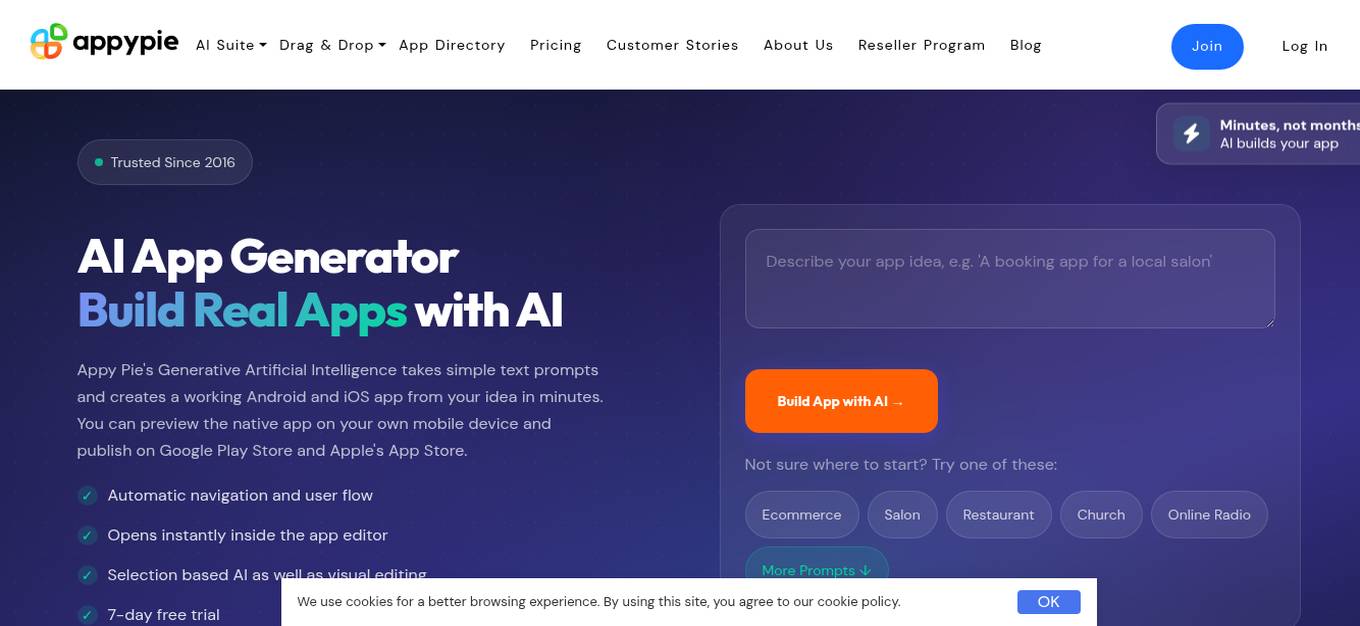
AI App Generator
The AI App Generator by Appy Pie is a platform that utilizes generative artificial intelligence to develop Android and iOS mobile applications based on simple text prompts. Users can describe their app ideas in plain language, and the AI automatically generates app structures, screens, navigation flows, and content. The platform offers a visual editor for customization, real-time updates, security compliance, and publishing support for Google Play Store and Apple's App Store. It is designed to cater to startups, small businesses, educators, agencies, and non-technical founders looking to create mobile apps without coding expertise.
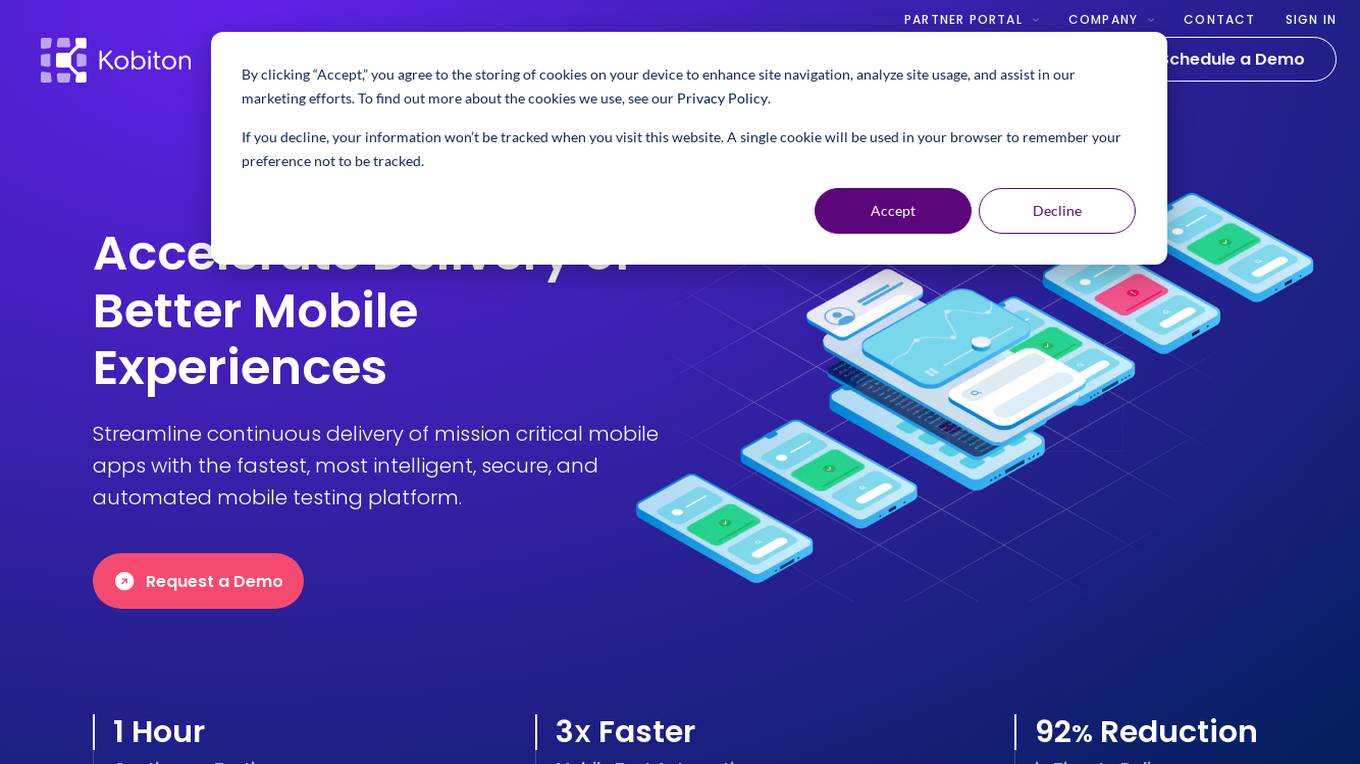
Kobiton
Kobiton is a mobile device testing platform that accelerates app delivery, improves productivity, and maximizes mobile app impact. It offers a comprehensive suite of features for real-device testing, visual testing, performance testing, accessibility testing, and more. With AI-augmented testing and no-code validations, Kobiton helps enterprises streamline continuous delivery of mobile apps. The platform provides secure and scalable device lab management, mobile device cloud, and integration with DevOps toolchain for enhanced productivity and efficiency.
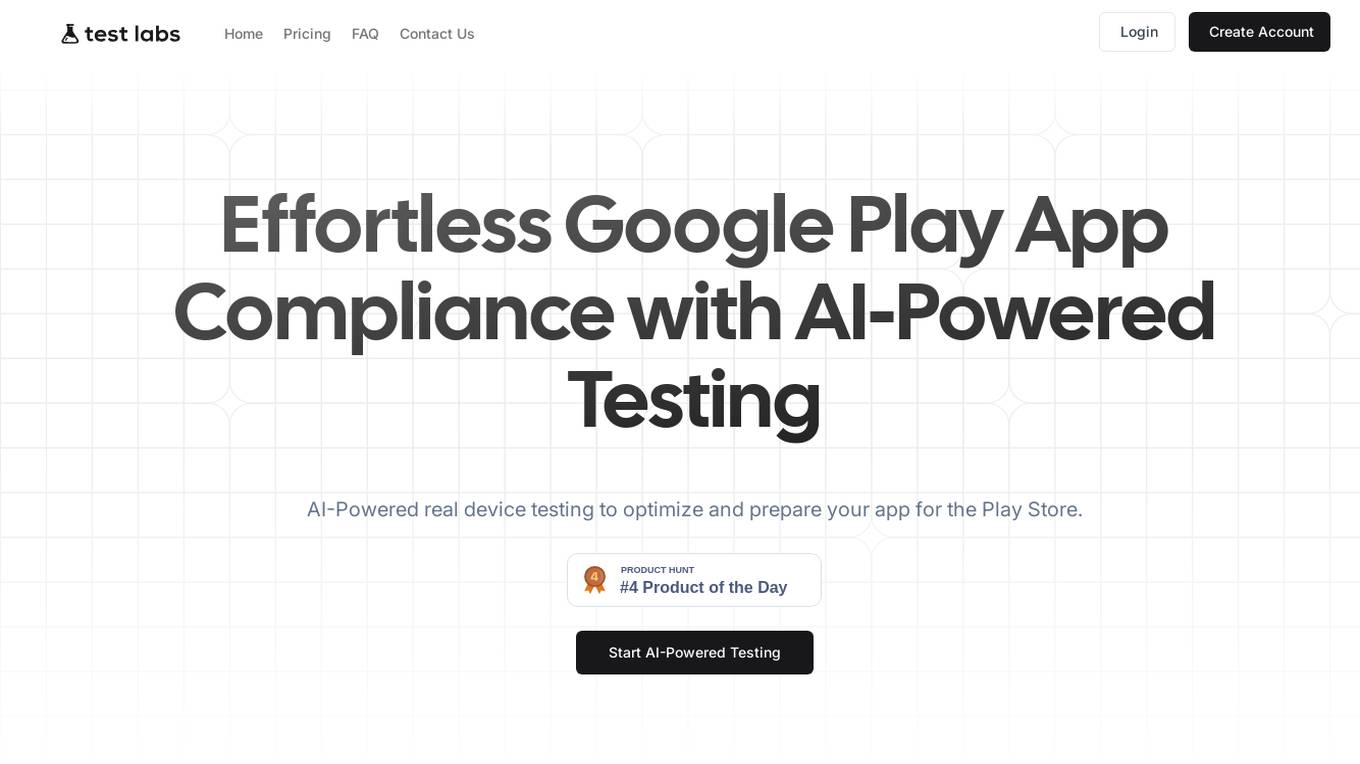
TestLabs
TestLabs is an AI-powered platform that offers automated real device app testing for developers. It simplifies the process of ensuring Google Play app compliance by providing real device testing on 20 devices, expert-driven insights, detailed reporting, and secure and reliable testing environment. TestLabs accelerates Play Store approval, saves time and effort, and offers a cost-effective solution for app testing. It is designed to streamline the compliance process, enhance app performance, and provide actionable feedback to developers.

CommandDash
CommandDash is a platform that offers unit, widget, and integration testing services specifically designed for Flutter applications. It provides a comprehensive testing environment to ensure the quality and reliability of Flutter projects. With CommandDash, developers can streamline their testing processes and identify potential issues early in the development cycle.
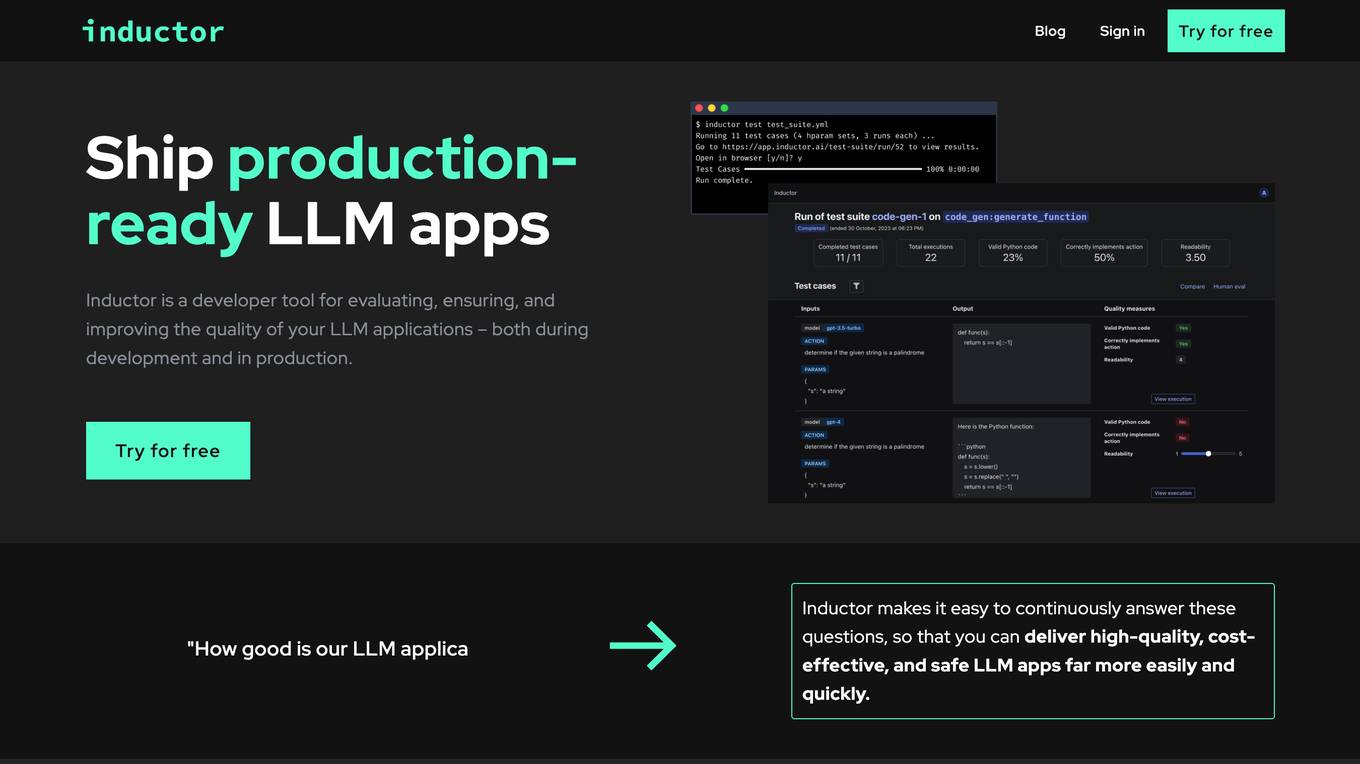
Inductor
Inductor is a developer tool for evaluating, ensuring, and improving the quality of your LLM applications – both during development and in production. It provides a fantastic workflow for continuous testing and evaluation as you develop, so that you always know your LLM app’s quality. Systematically improve quality and cost-effectiveness by actionably understanding your LLM app’s behavior and quickly testing different app variants. Rigorously assess your LLM app’s behavior before you deploy, in order to ensure quality and cost-effectiveness when you’re live. Easily monitor your live traffic: detect and resolve issues, analyze usage in order to improve, and seamlessly feed back into your development process. Inductor makes it easy for engineering and other roles to collaborate: get critical human feedback from non-engineering stakeholders (e.g., PM, UX, or subject matter experts) to ensure that your LLM app is user-ready.
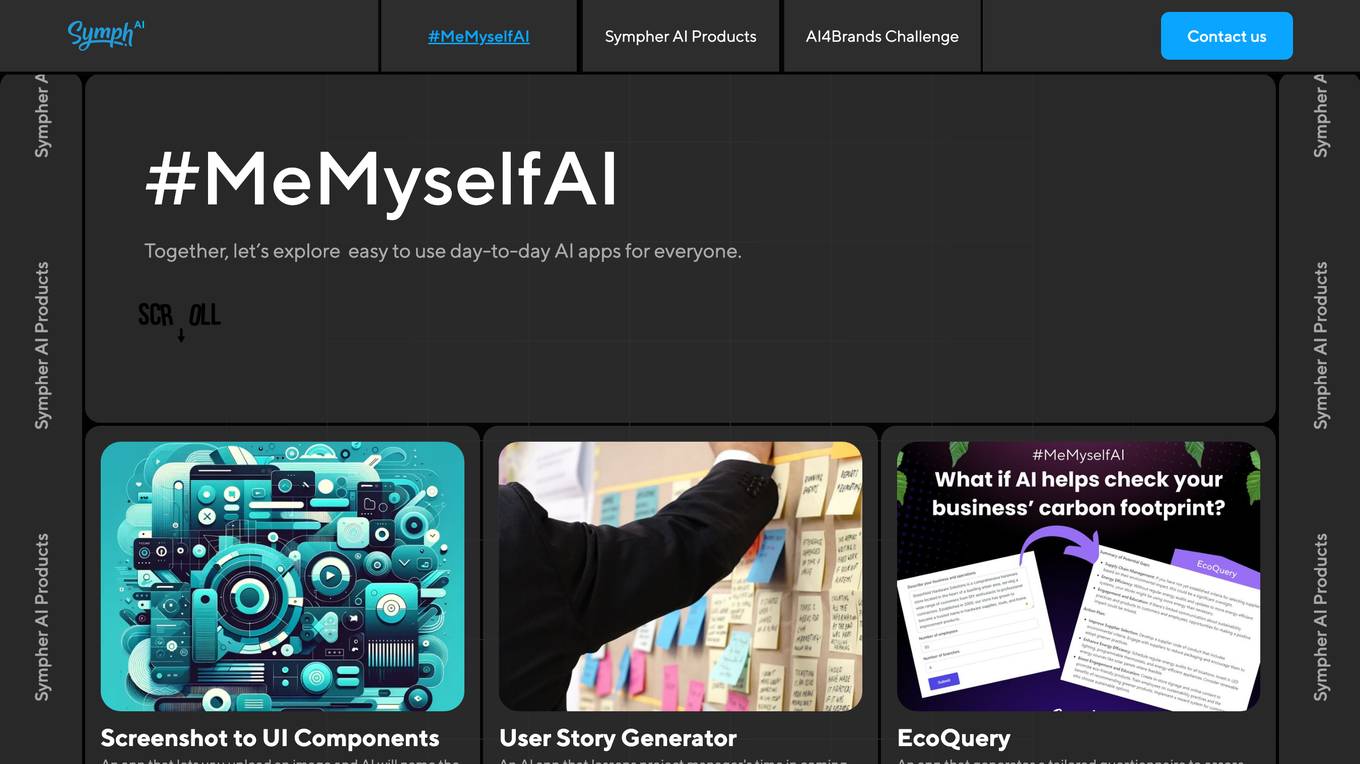
Sympher AI
Sympher AI offers a suite of easy-to-use AI apps for everyday tasks. These apps are designed to help users save time, improve productivity, and make better decisions. Some of the most popular Sympher AI apps include: * **MeMyselfAI:** This app helps users create personalized AI assistants that can automate tasks, answer questions, and provide support. * **Screenshot to UI Components:** This app helps users convert screenshots of UI designs into code. * **User Story Generator:** This app helps project managers quickly and easily generate user stories for their projects. * **EcoQuery:** This app helps businesses assess their carbon footprint and develop strategies to reduce their emissions. * **SensAI:** This app provides user feedback on uploaded images. * **Excel Sheets Function AI:** This app helps users create functions and formulas for Google Sheets or Microsoft Excel. * **ScriptSensei:** This app helps users create tailored setup scripts to streamline the start of their projects. * **Flutterflow Friend:** This app helps users answer their Flutterflow problems or issues. * **TestScenarioInsight:** This app generates test scenarios for apps before deploying. * **CaptionGen:** This app automatically turns images into captions.
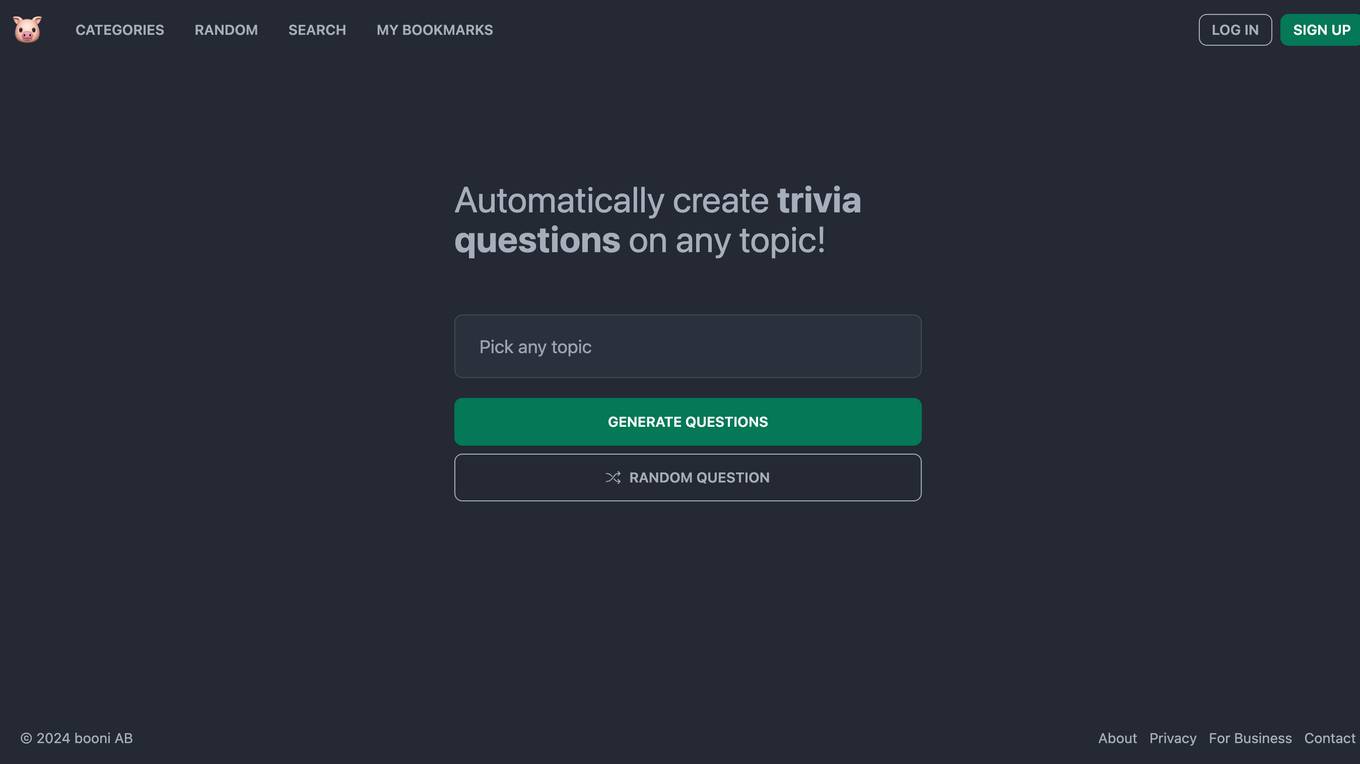
Trivai
Trivai is an AI-powered trivia question generator that allows users to create trivia questions on any topic. With Trivai, you can generate random trivia questions or search for specific questions by category. Trivai is a great way to test your knowledge, learn new things, and have fun.
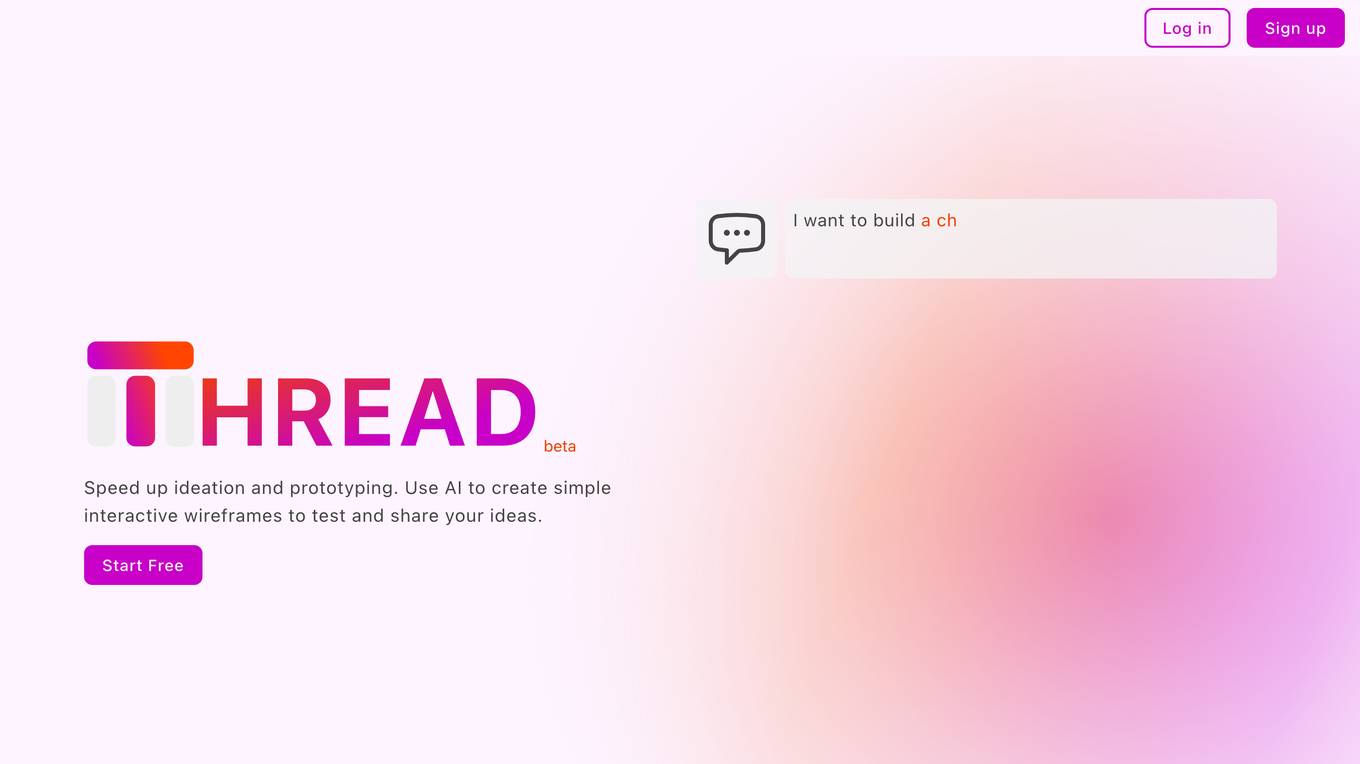
Thread App
Thread App is an AI-powered wireframing tool that helps users create interactive wireframes quickly and easily. With Thread, users can describe what they want to build, and the AI will automatically generate a wireframe that matches their description. Users can then customize their wireframes by giving further instructions or making manual edits. Thread is a great tool for designers, developers, and product managers who want to test ideas quickly and easily.
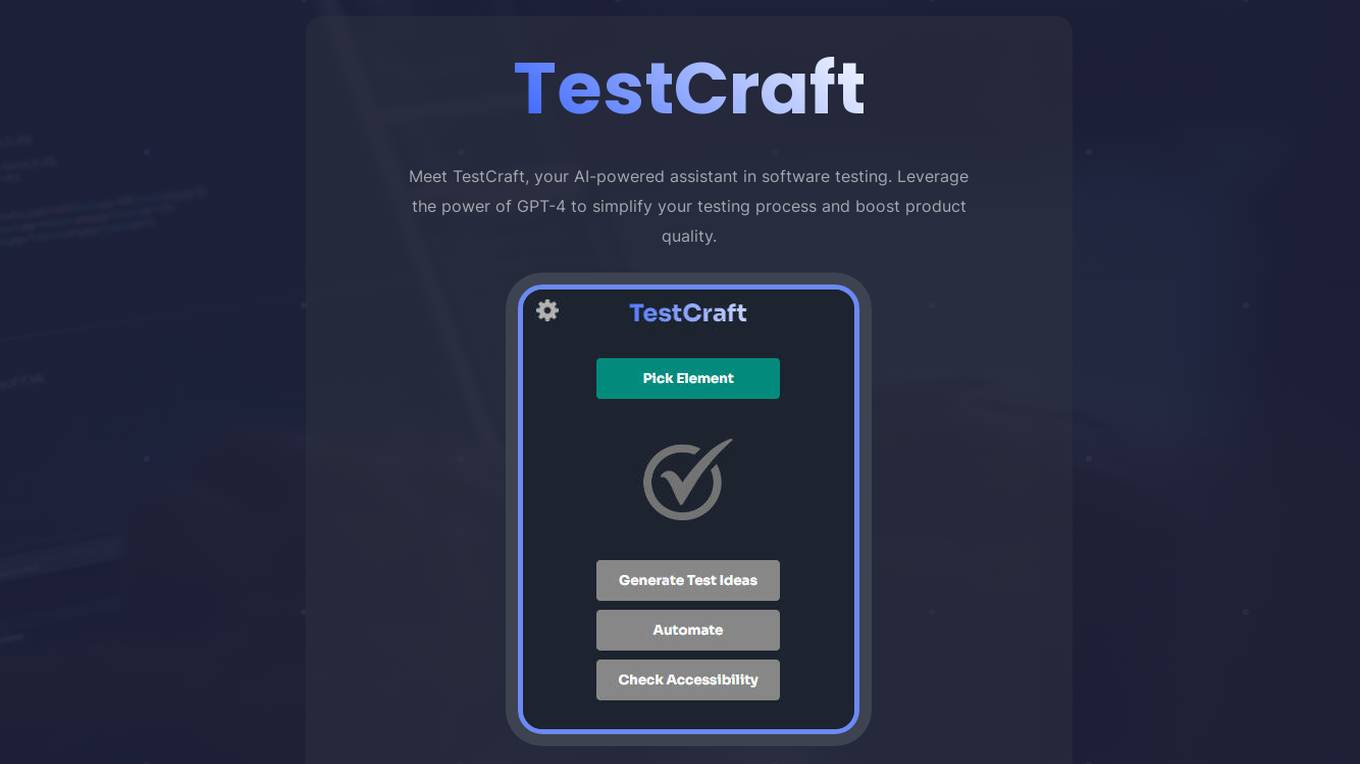
TestCraft
TestCraft is an AI-powered assistant in software testing that leverages the capabilities of GPT-4 to simplify the testing process and enhance product quality. It generates automated tests for various automation frameworks and programming languages, helps in ideation by producing innovative test ideas, ensures project accessibility by identifying potential issues, and streamlines the testing process by transforming test ideas into automated tests. TestCraft aims to make software testing more efficient and effective.
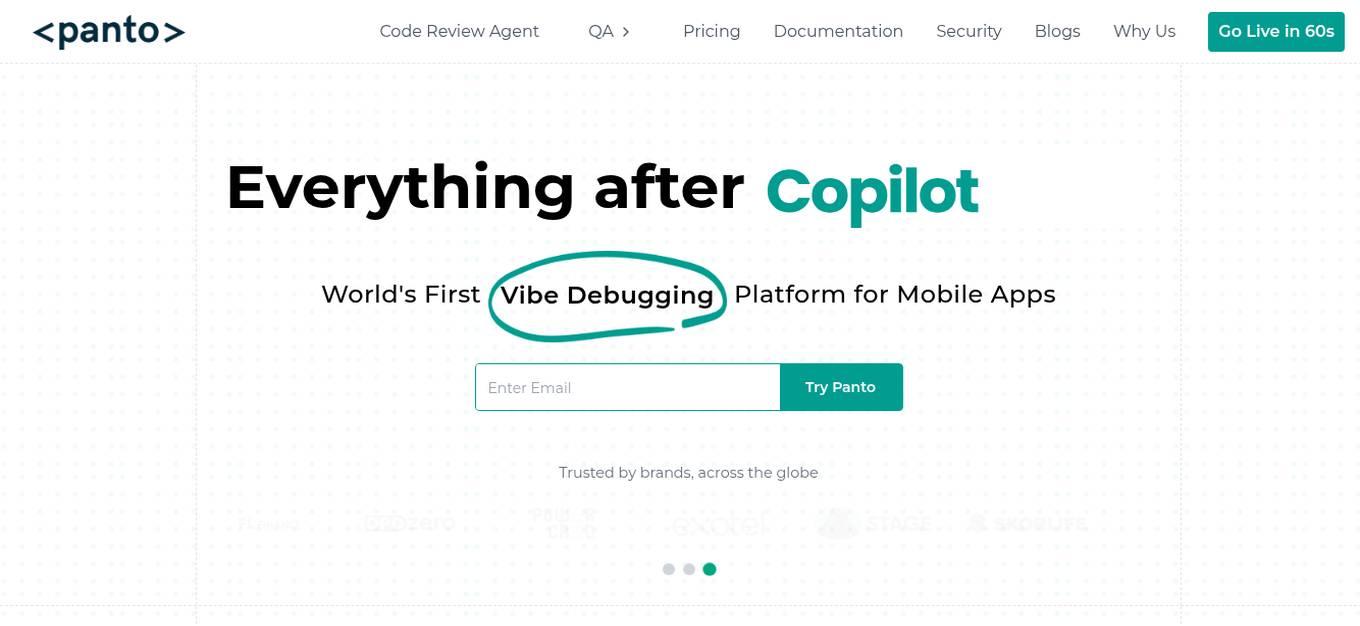
Panto AI
Panto AI is an AI automation testing platform that offers a comprehensive solution for mobile app testing, combining dynamic code reviews, code security checks, and QA automation. It allows users to create, execute, and run mobile test cases in natural language, ensuring reliable and efficient testing processes. With features like self-healing automation, real device testing, and deep failure visibility, Panto AI aims to streamline the QA process and enhance app quality. The platform is designed to be platform-agnostic and supports various integrations, making it suitable for diverse mobile app environments.
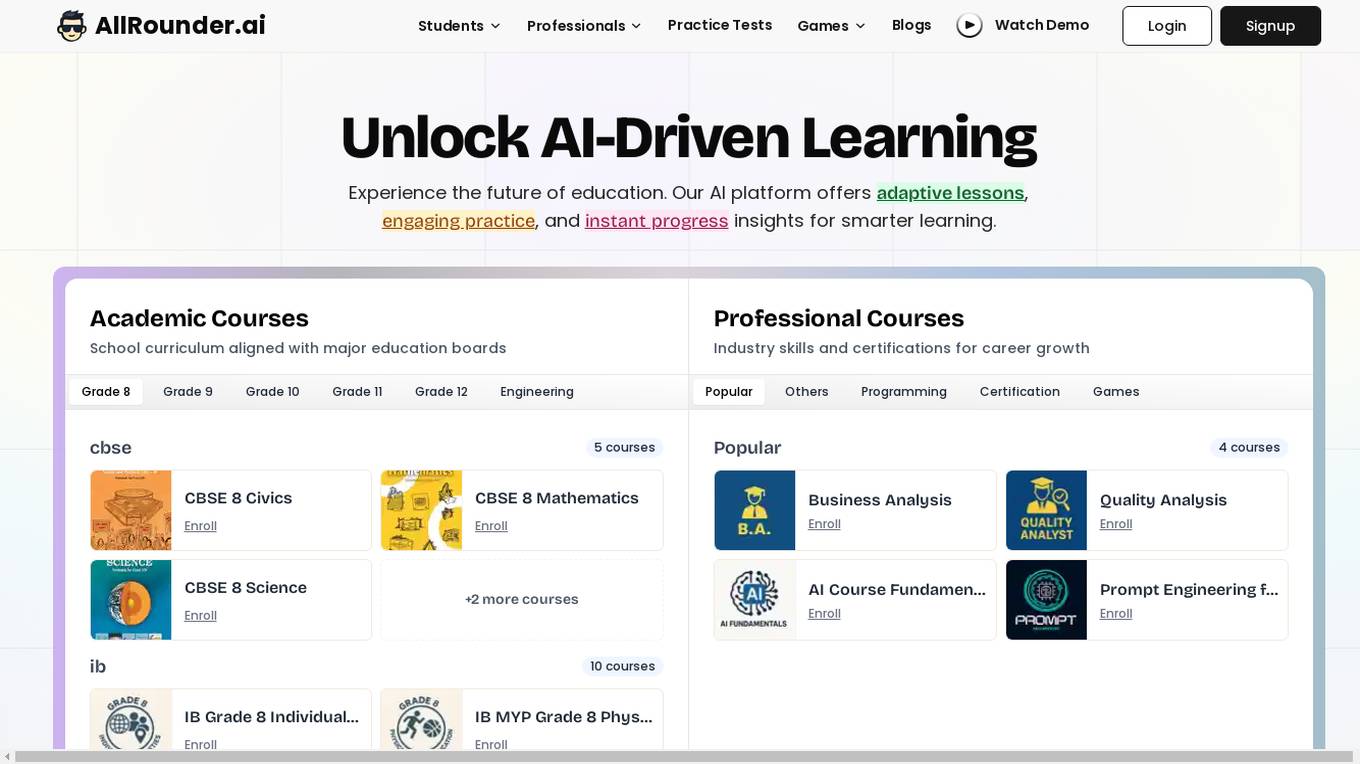
AllRounder.ai
AllRounder.ai is an AI-powered learning platform that offers adaptive lessons, engaging practice, and real-time progress insights for students in Grades 8–12, Engineering professionals, and individuals seeking industry-relevant training. The platform provides academic courses aligned with major Indian and international curricula, interactive games to enhance memory, math fluency, and typing skills, and professional courses in Business, Technology, and Design. AllRounder.ai aims to revolutionize traditional education by leveraging artificial intelligence to personalize learning experiences and support career growth.
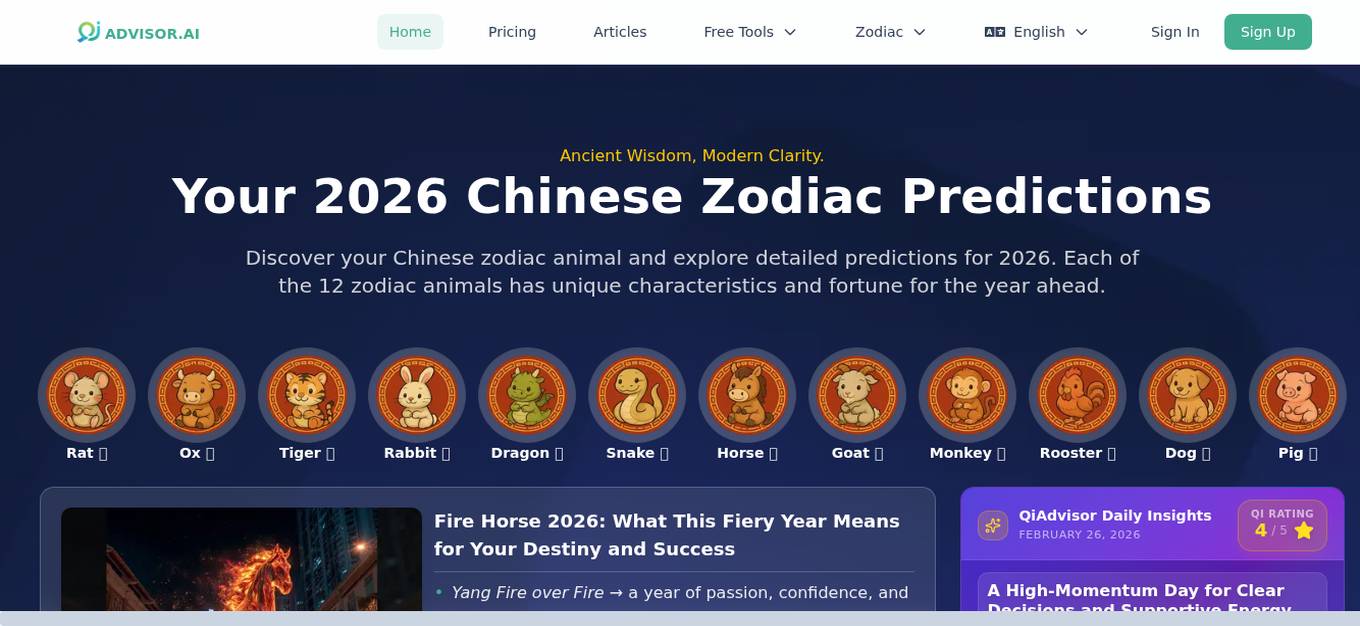
QiAdvisor
QiAdvisor is an AI Chinese Astrology application that combines traditional Chinese metaphysics like BaZi and Qi Men Dun Jia with modern data modeling and AI pattern analysis. It provides personalized insights based on your birth data to help you understand your personality traits, life cycles, strengths, and potential challenges. The platform offers features such as personalized daily energy insights, Bazi chart analysis, relationship compatibility assessments, and strategic timing tools for decision-making. Users can interact with an AI astrologer chat to receive guidance on various aspects of life, including career, relationships, timing for important decisions, and personal growth.
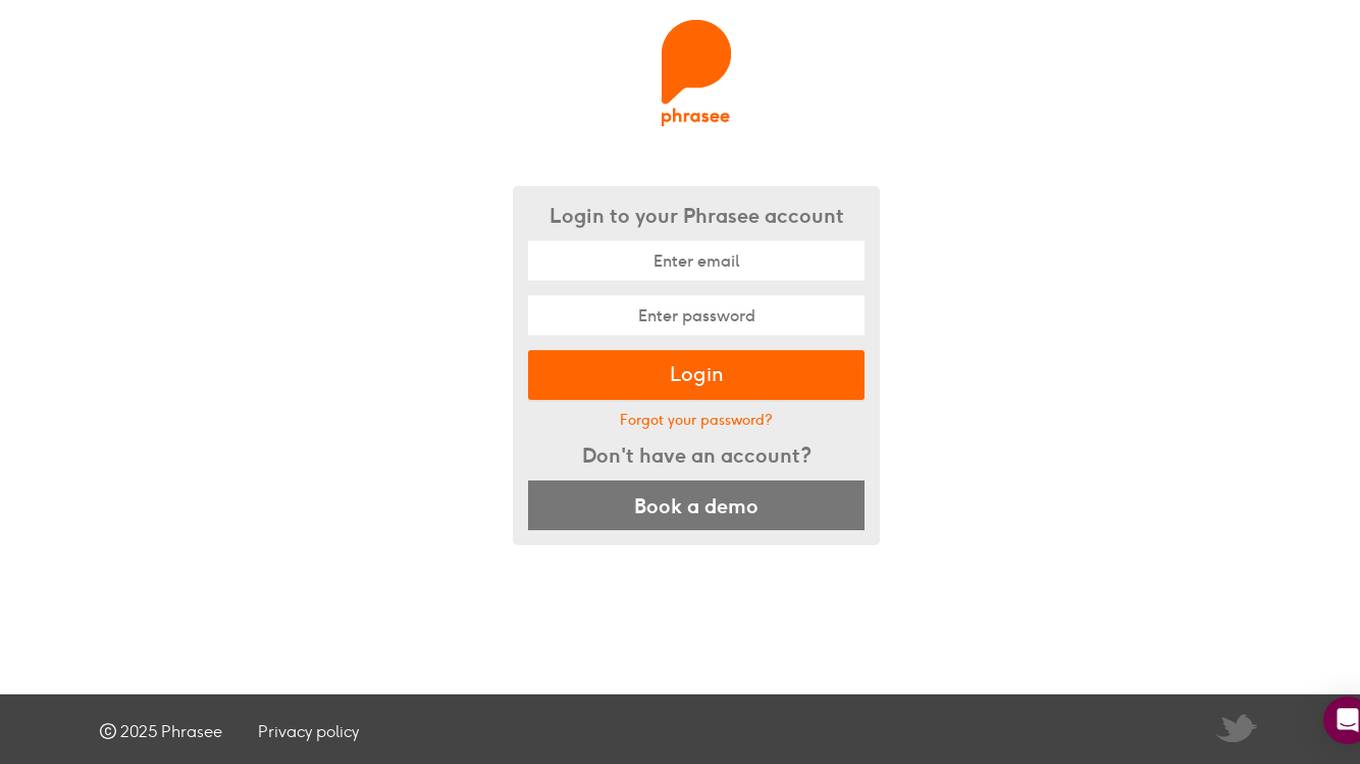
Phrasee
Phrasee is an AI-powered marketing tool that helps businesses optimize their email marketing campaigns. It uses advanced natural language generation algorithms to generate engaging and personalized email copy. With Phrasee, businesses can improve their email open rates, click-through rates, and overall campaign performance. The tool offers A/B testing capabilities, real-time optimization, and detailed analytics to track and measure the success of email campaigns.
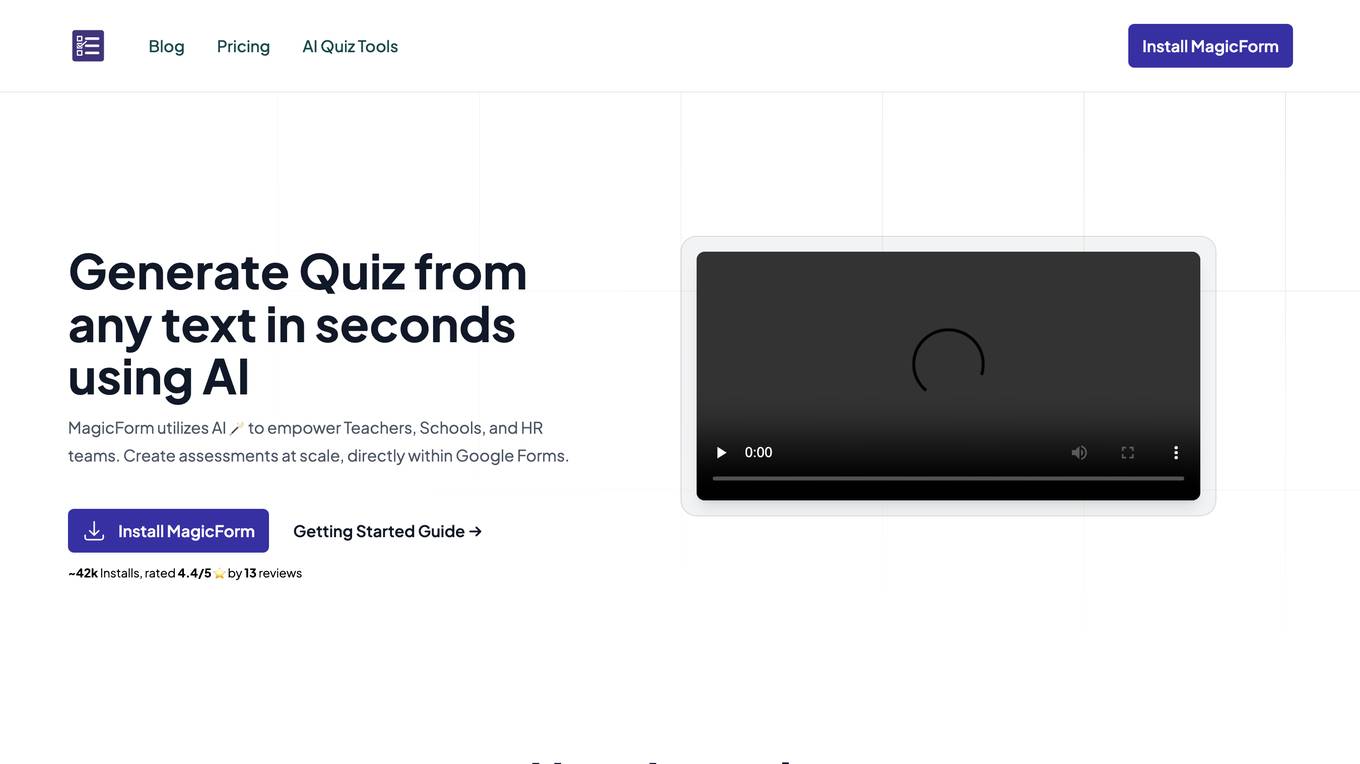
MagicForm
MagicForm is an AI-powered tool that helps users create quizzes and tests in seconds. It utilizes AI to automatically generate questions from any text, making it easy for teachers, schools, and HR teams to create assessments at scale. MagicForm is also used by publishers and edtech companies to create assessments from compliance documents and textbooks.
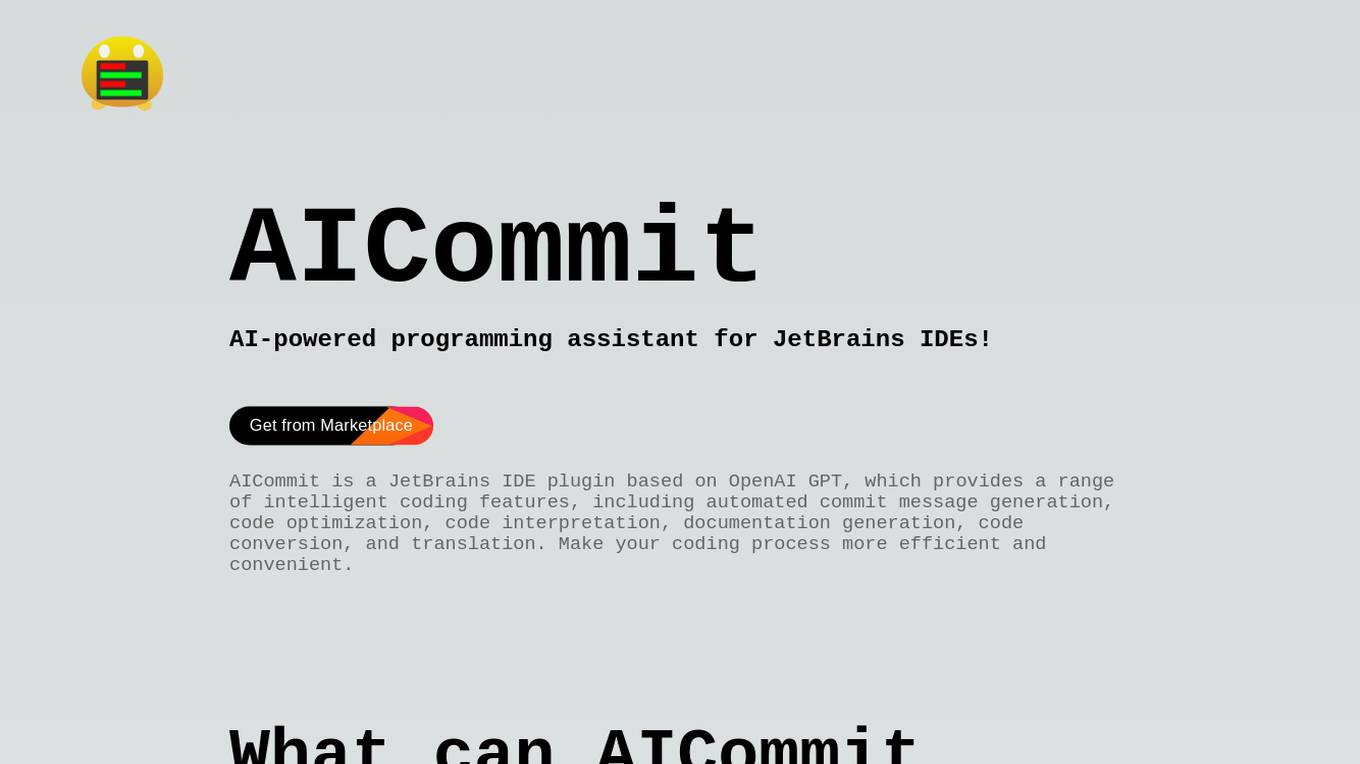
AICommit
AICommit is an AI-powered programming assistant for JetBrains IDEs. It is based on OpenAI GPT and provides a range of intelligent coding features, including automated commit message generation, code optimization, code interpretation, documentation generation, code conversion, and translation. AICommit can help you make your coding process more efficient and convenient.
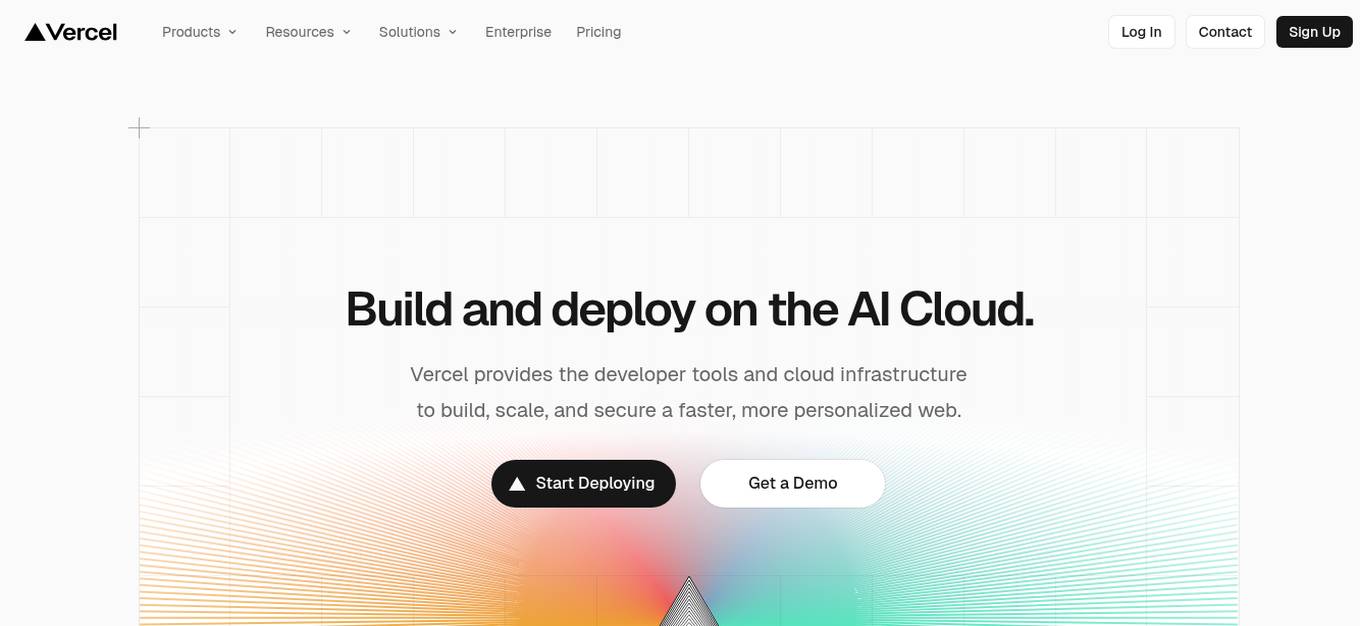
Vercel
Vercel is an AI-powered cloud platform that enables developers to build, deploy, and scale web applications quickly and securely. It offers a range of developer tools and cloud infrastructure to optimize performance and enhance user experience. Vercel's AI capabilities include AI Cloud, AI SDK, AI Gateway, and Sandbox AI workflows, providing seamless integration of AI models into web applications.
0 - Open Source AI Tools
20 - OpenAI Gpts
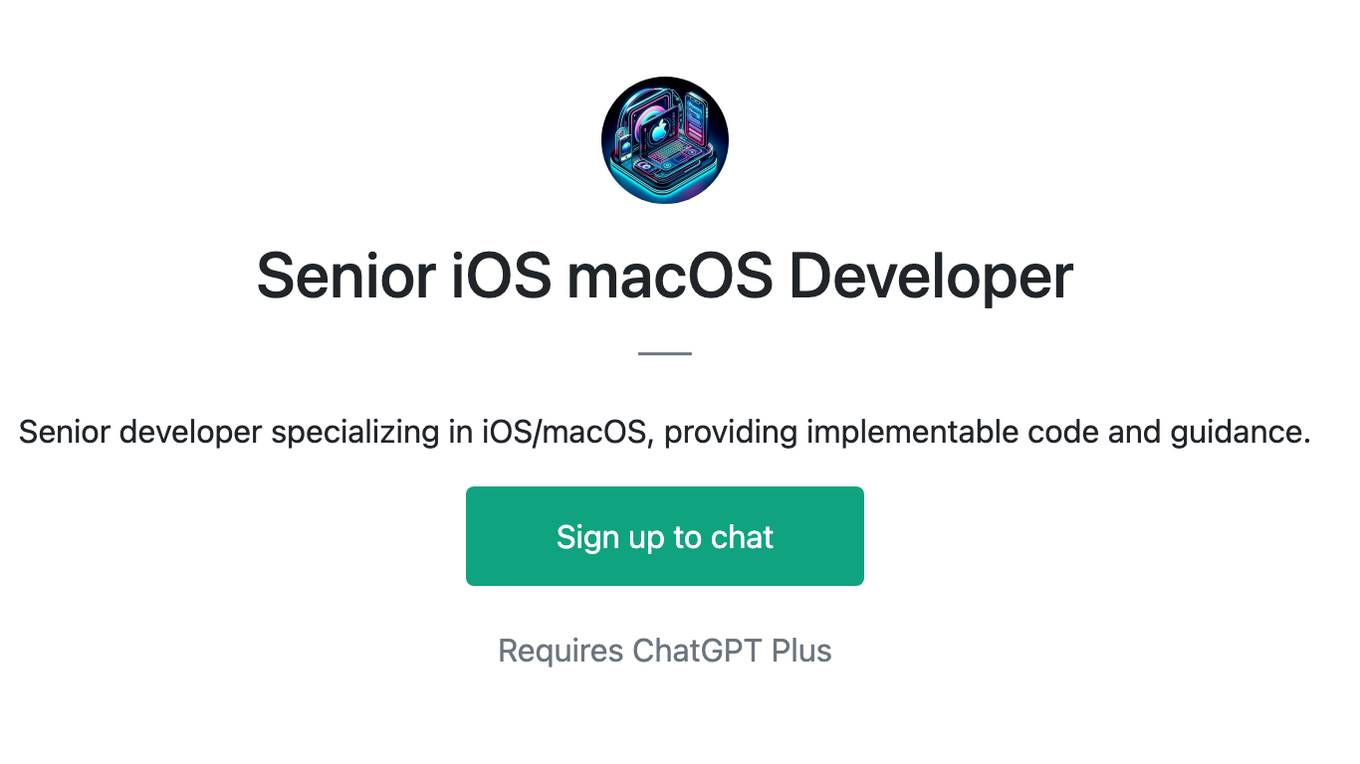
Senior iOS macOS Developer
Senior developer specializing in iOS/macOS, providing implementable code and guidance.
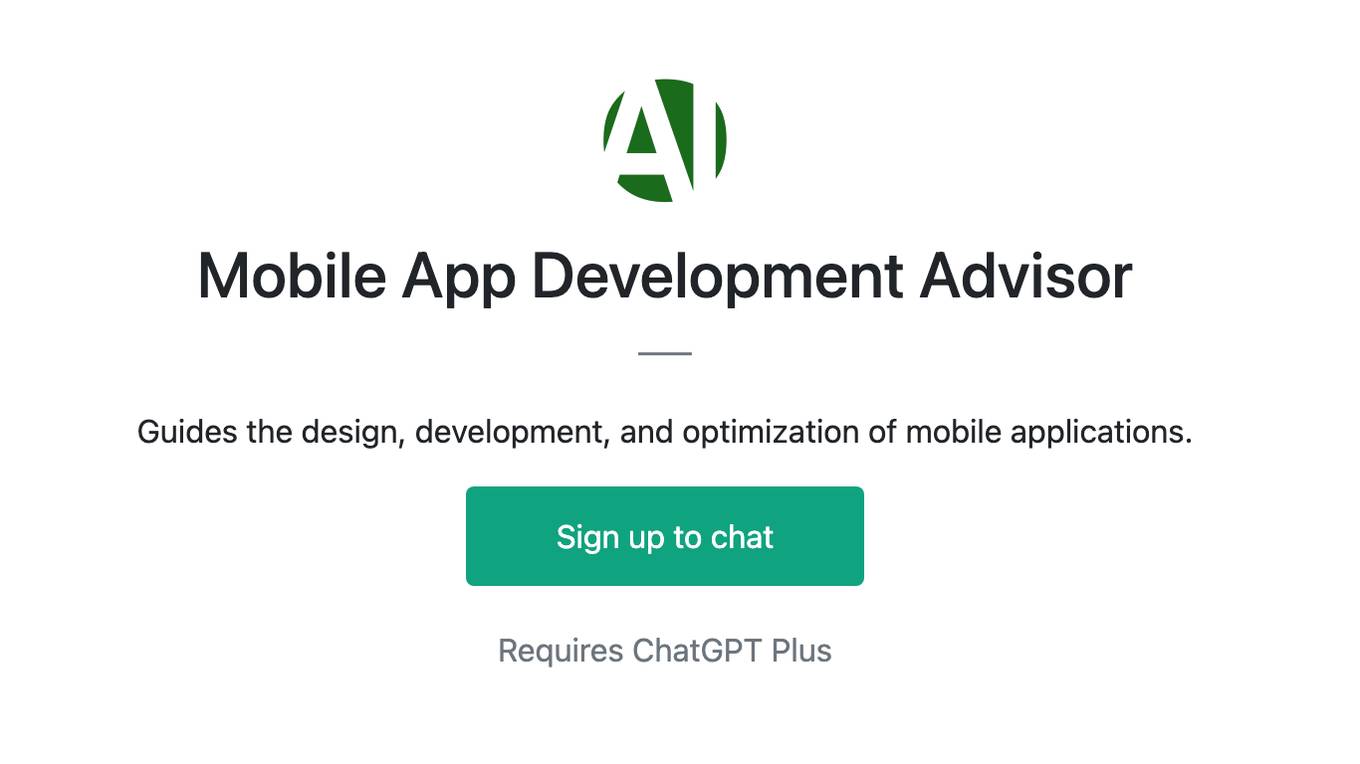
Mobile App Development Advisor
Guides the design, development, and optimization of mobile applications.
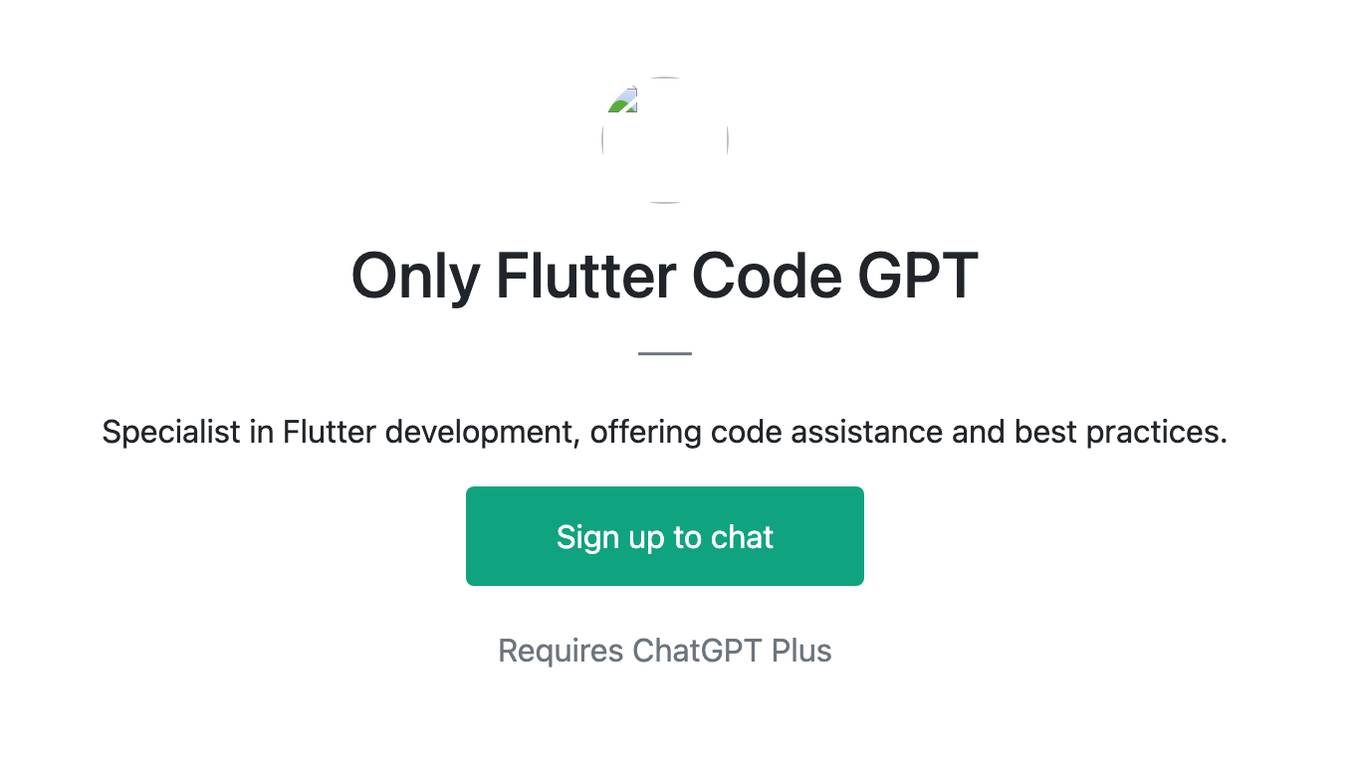
Only Flutter Code GPT
Specialist in Flutter development, offering code assistance and best practices.
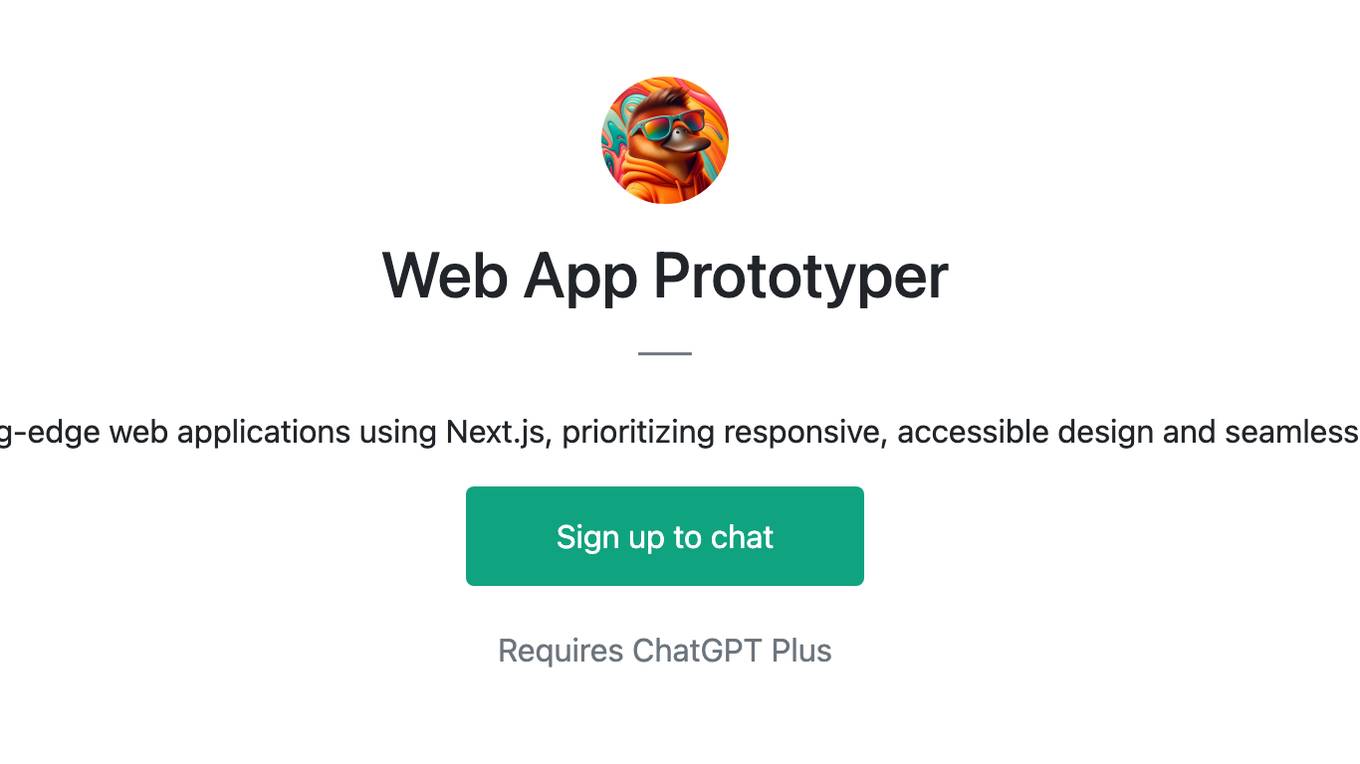
Web App Prototyper
Specializing in crafting cutting-edge web applications using Next.js, prioritizing responsive, accessible design and seamless GitHub Copilot integration.
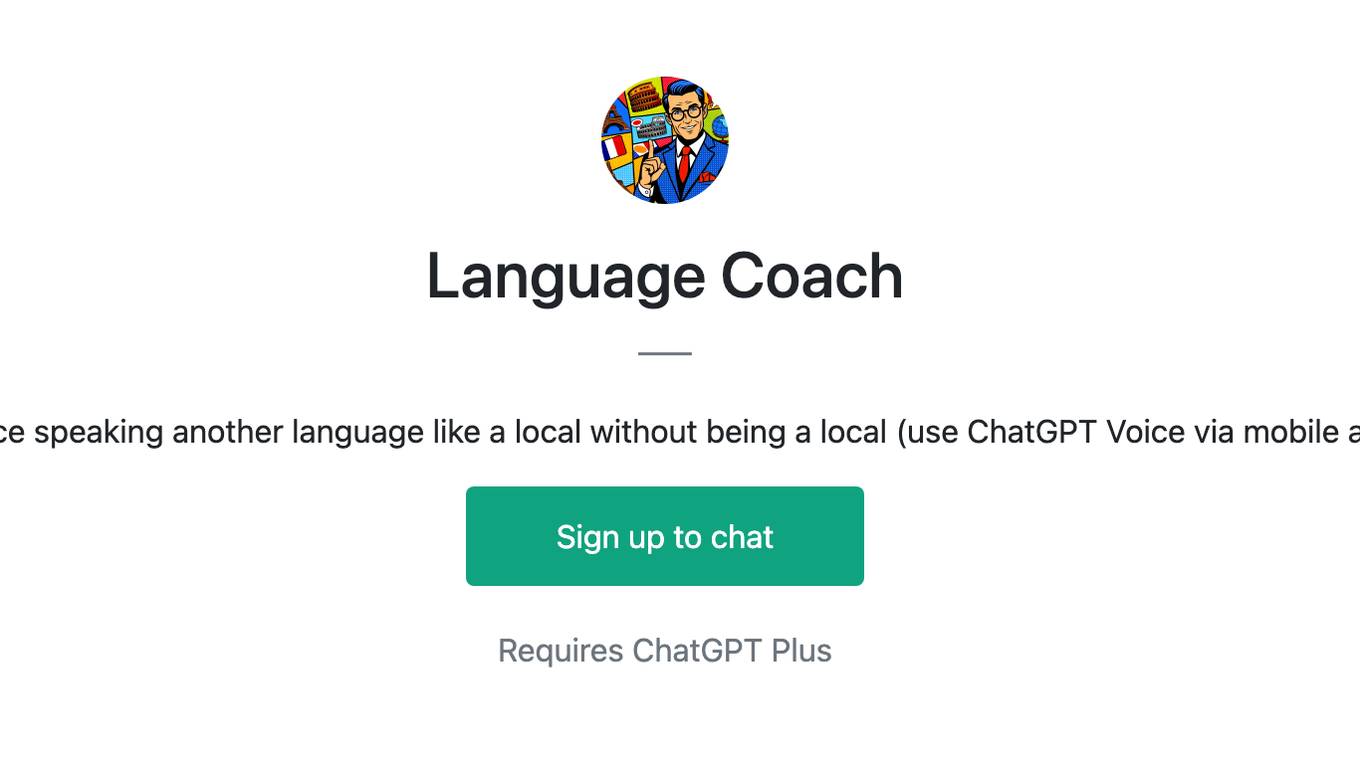
Language Coach
Practice speaking another language like a local without being a local (use ChatGPT Voice via mobile app!)
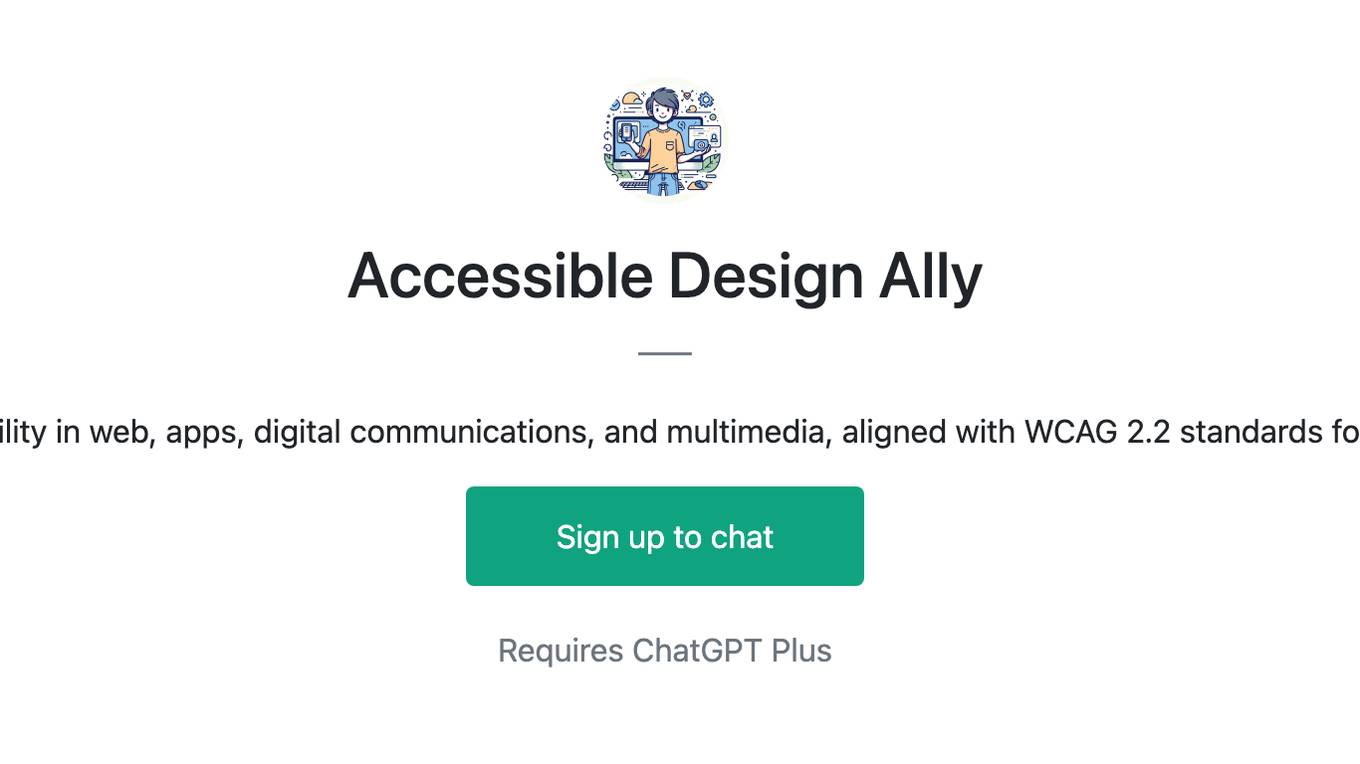
Accessible Design Ally
Enhancing accessibility in web, apps, digital communications, and multimedia, aligned with WCAG 2.2 standards for inclusive design.
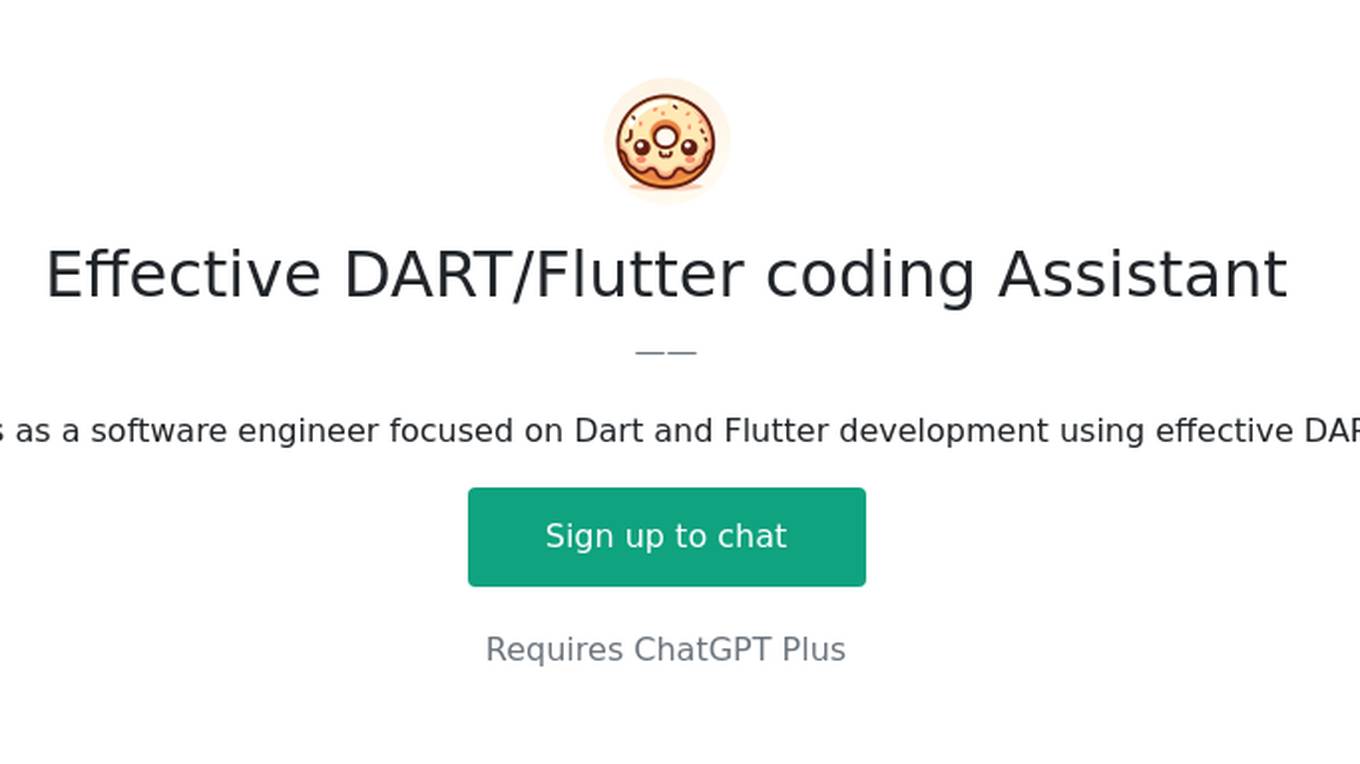
Effective DART/Flutter coding Assistant
Acts as a software engineer focused on Dart and Flutter development using effective DART.
